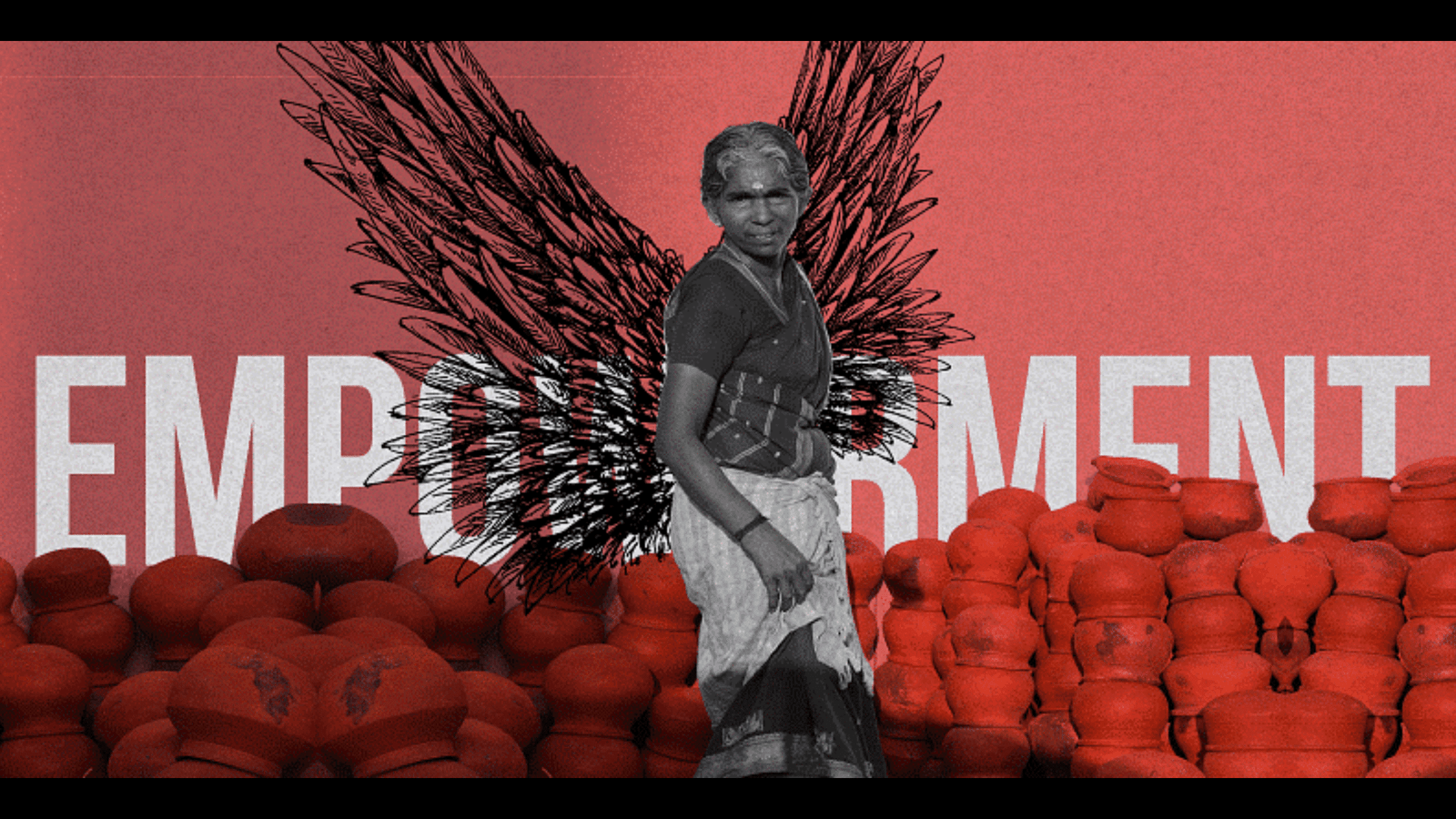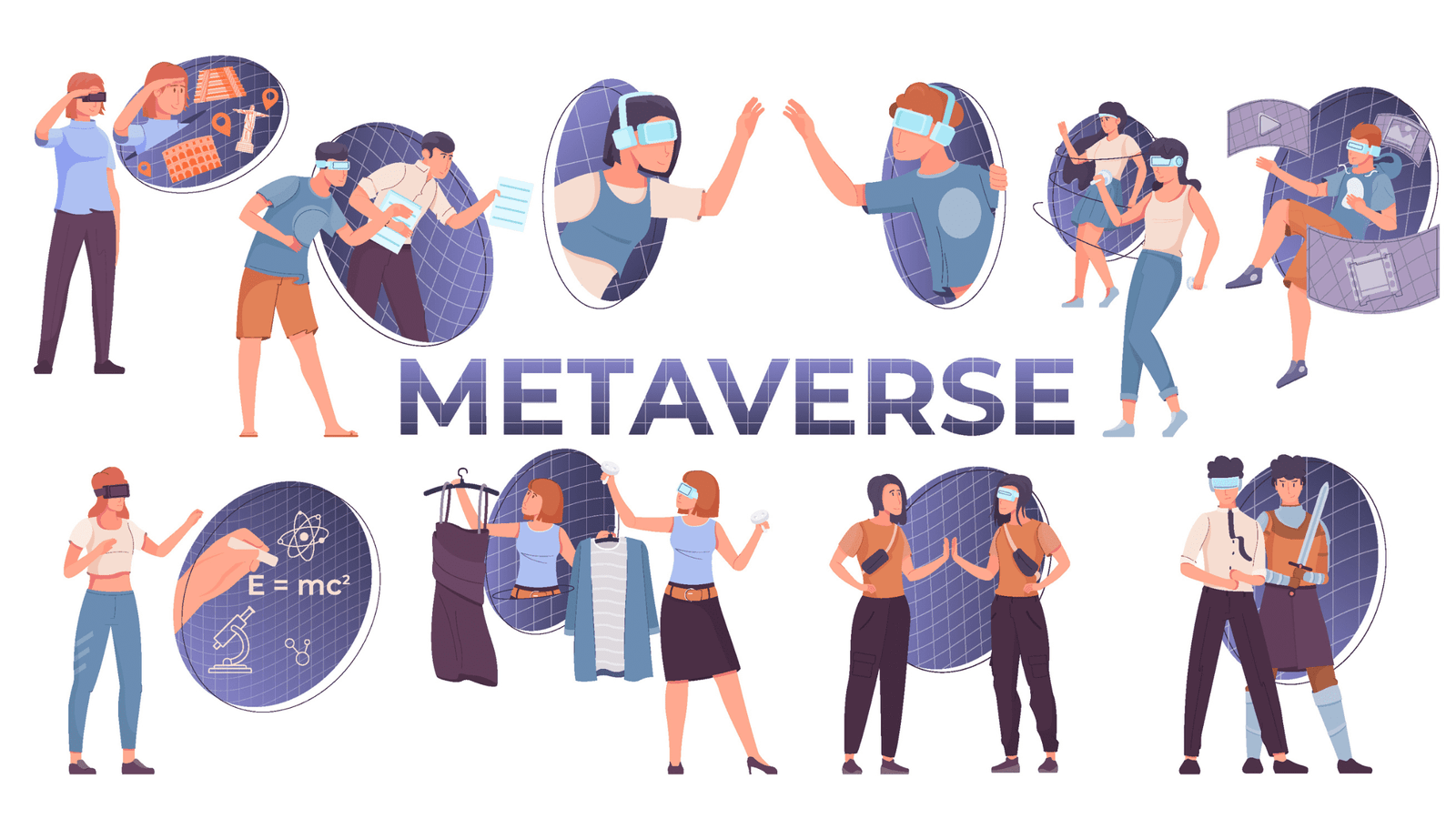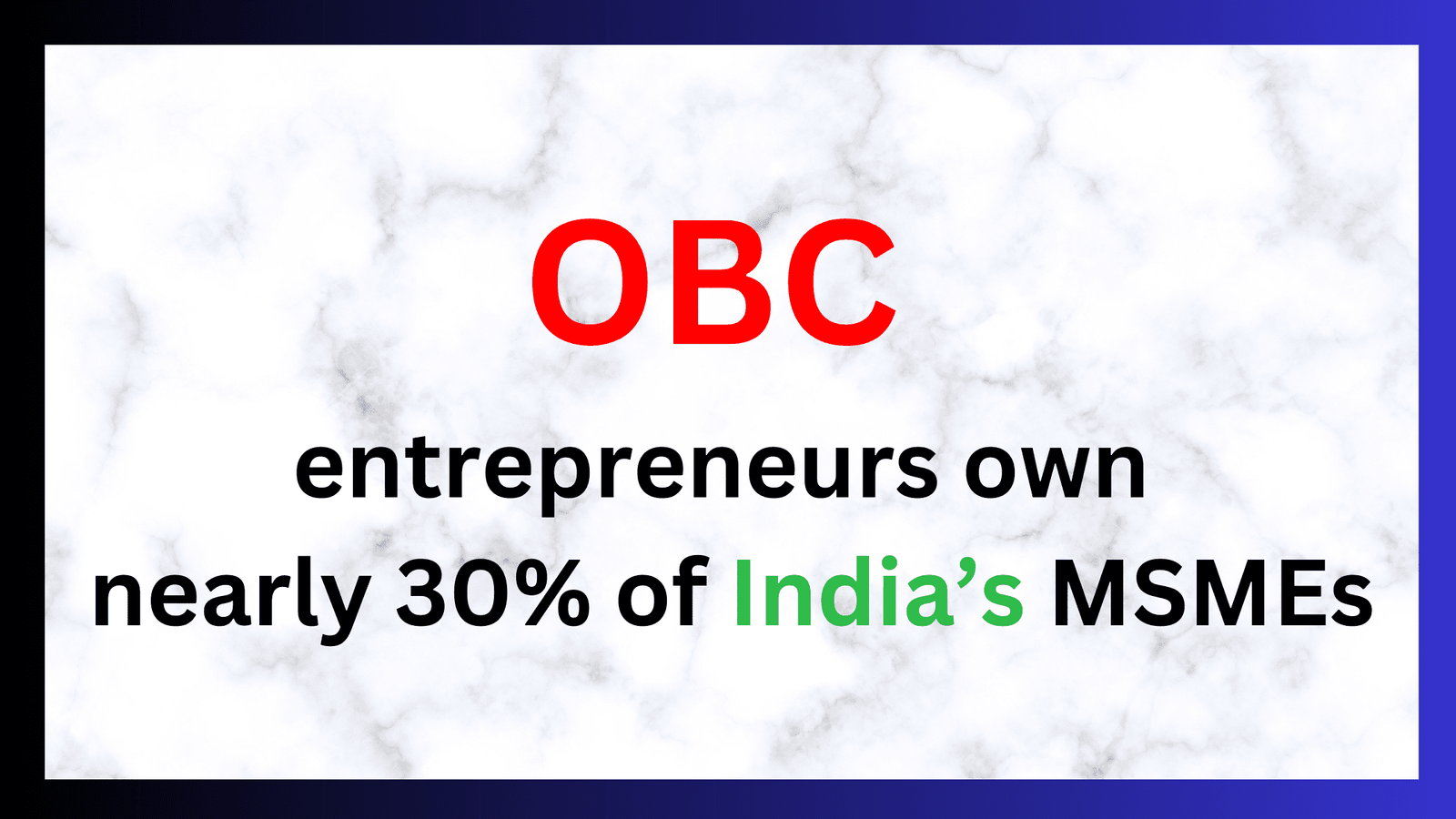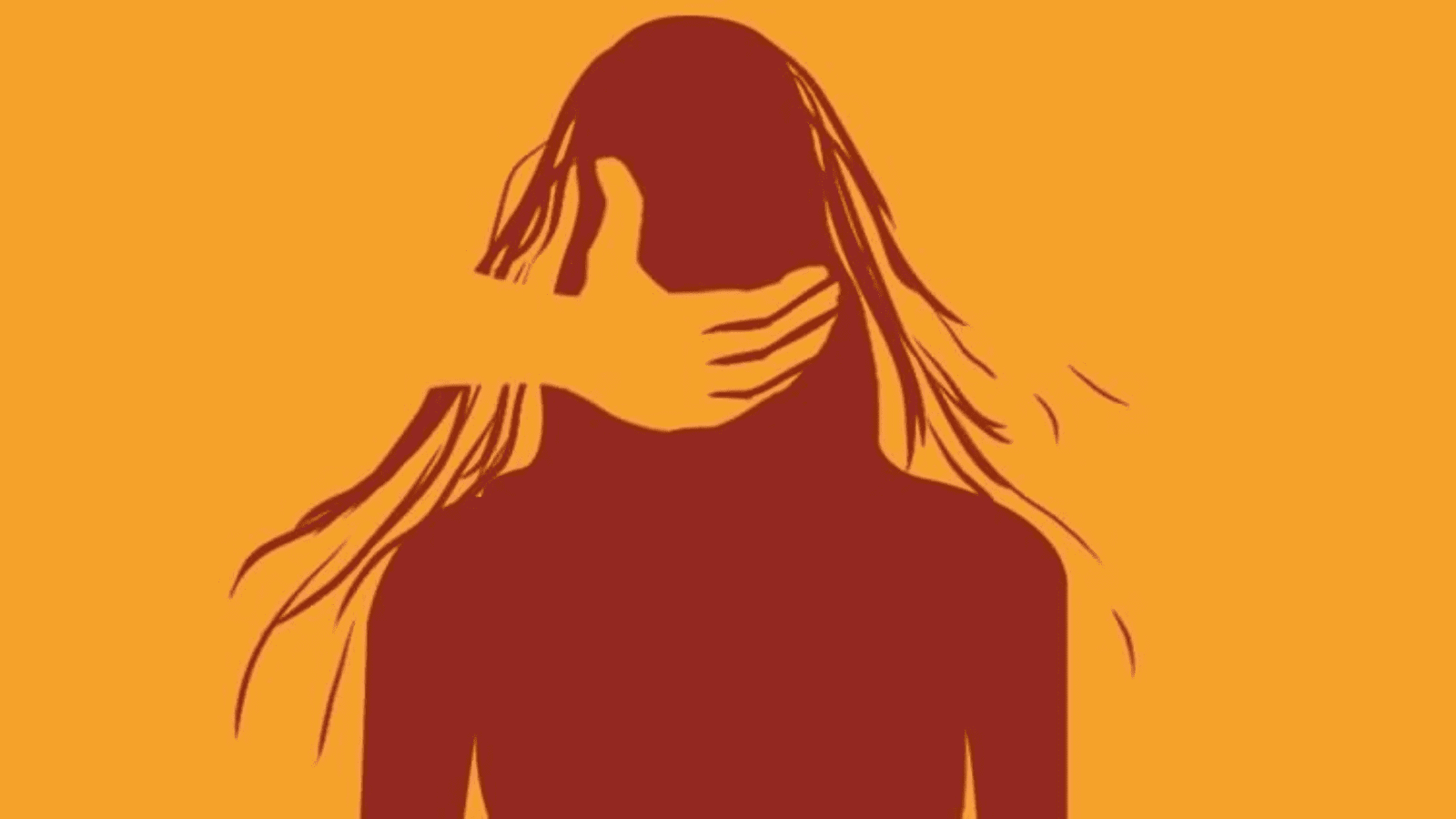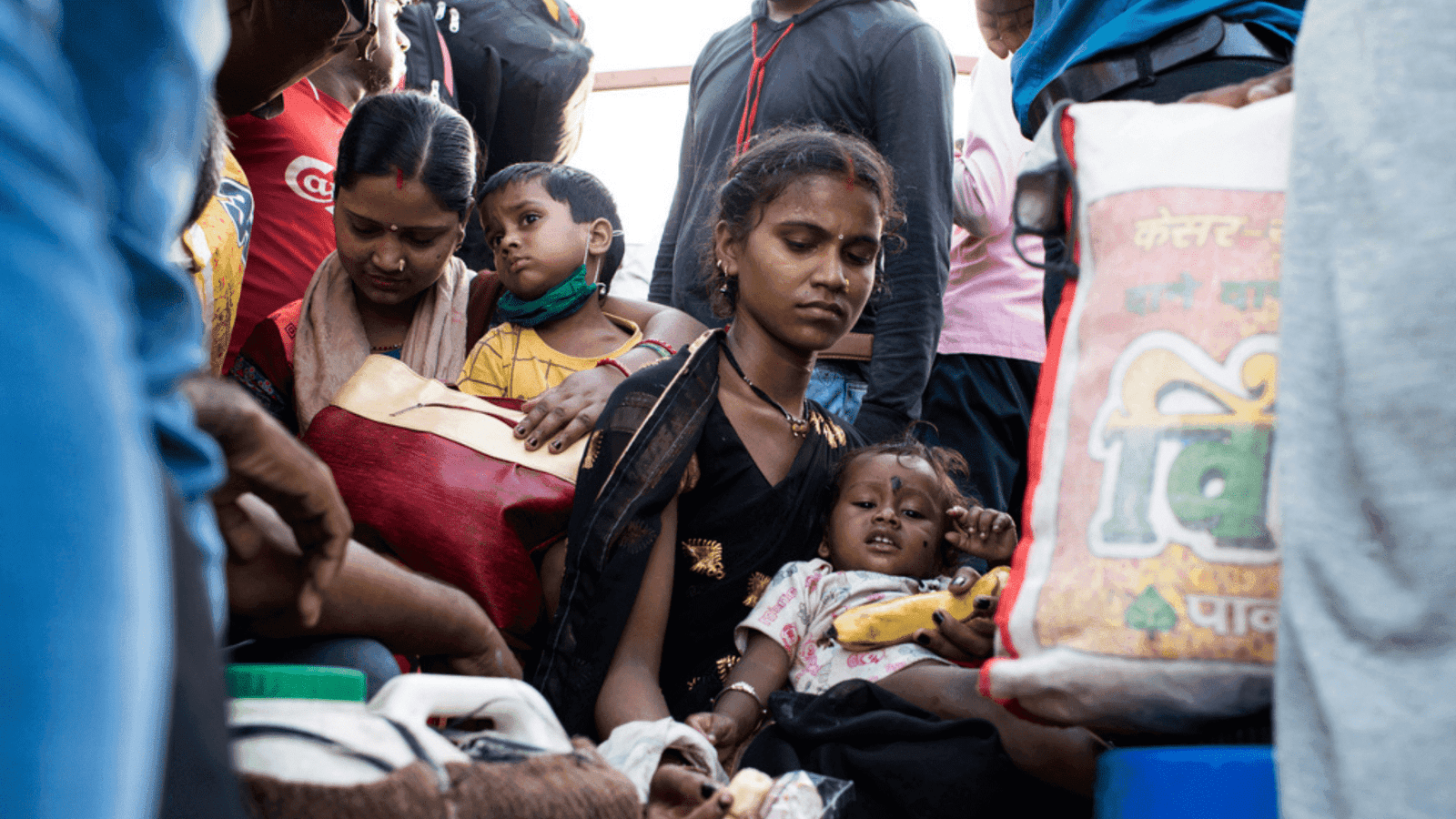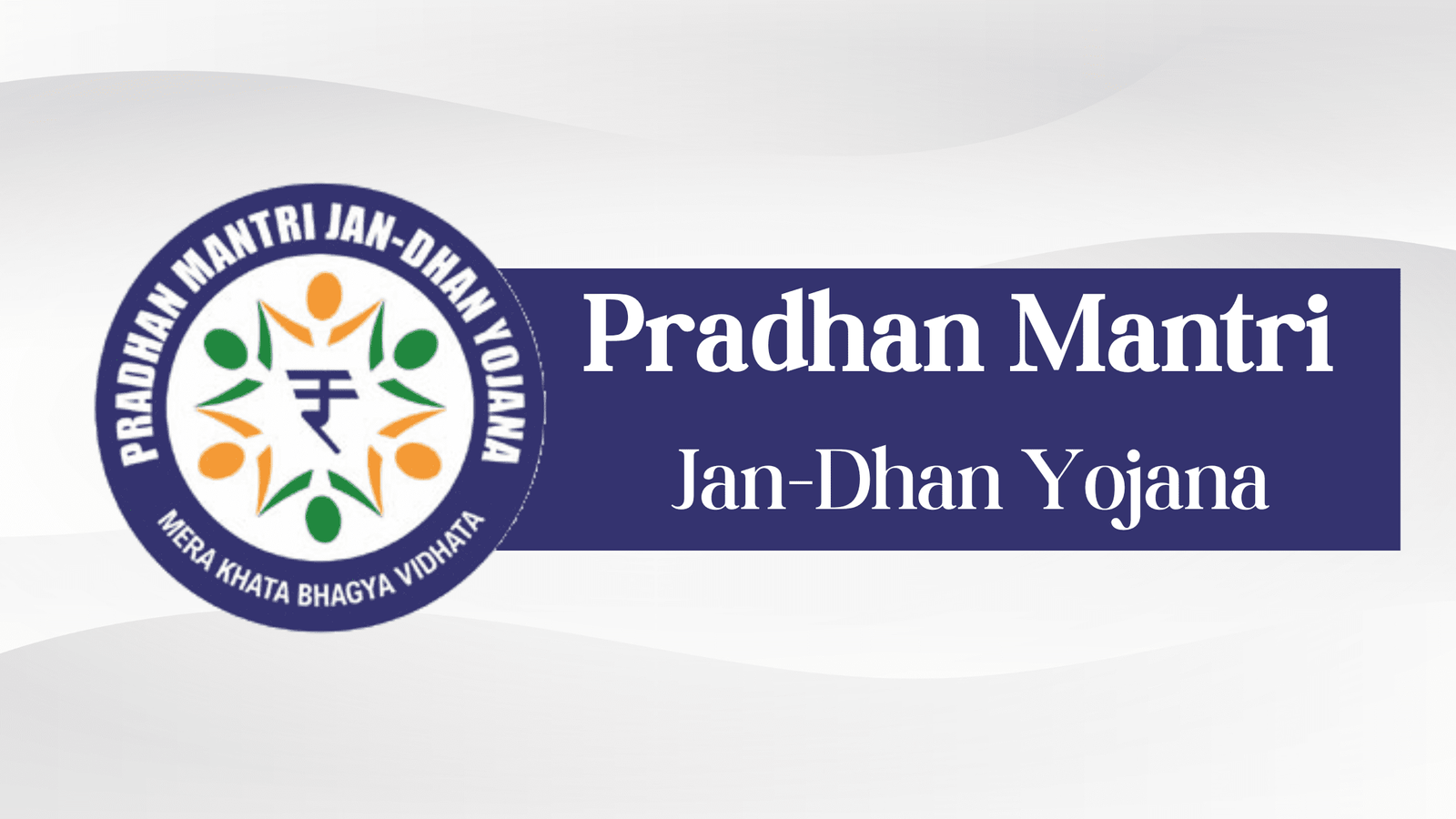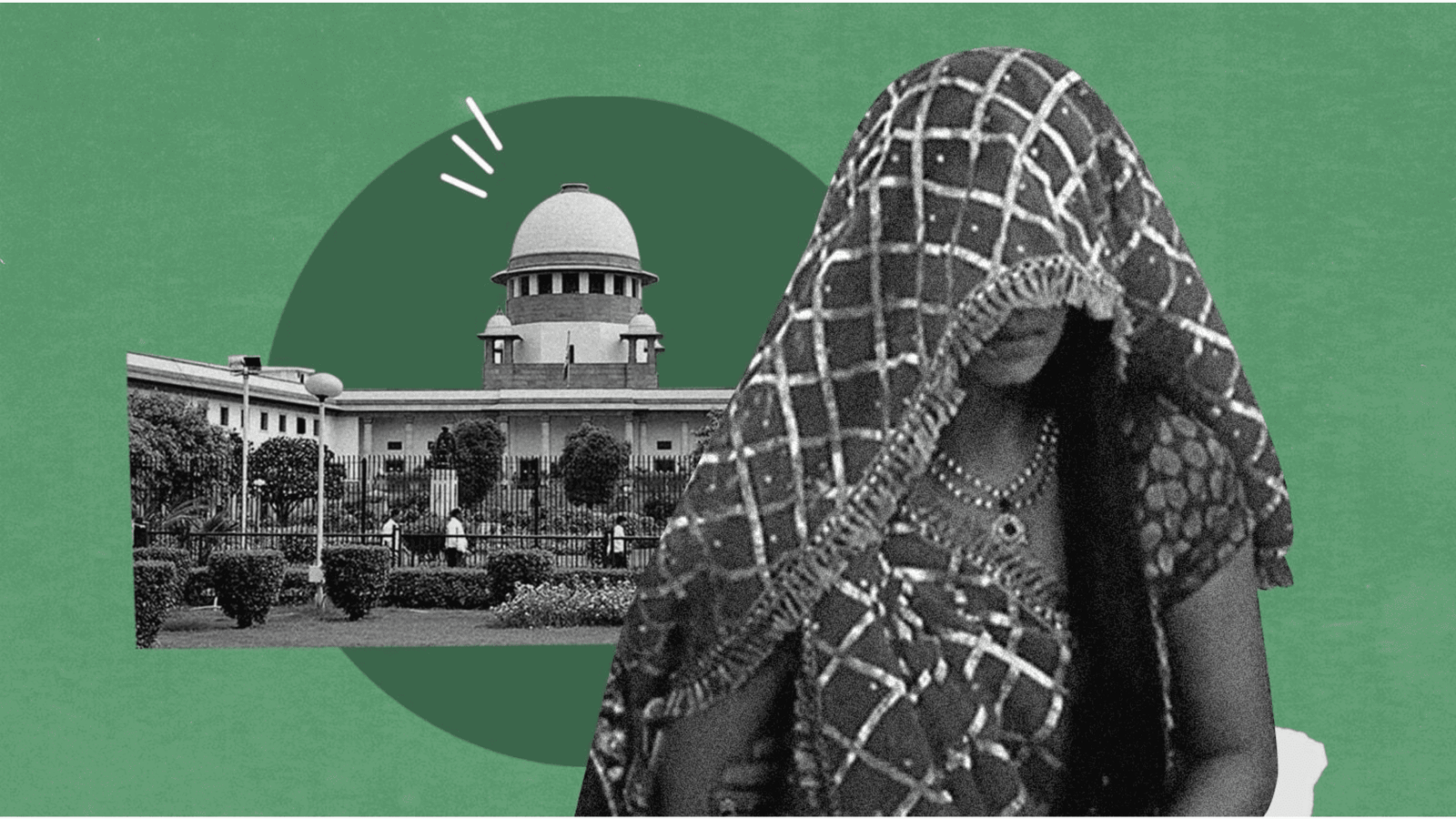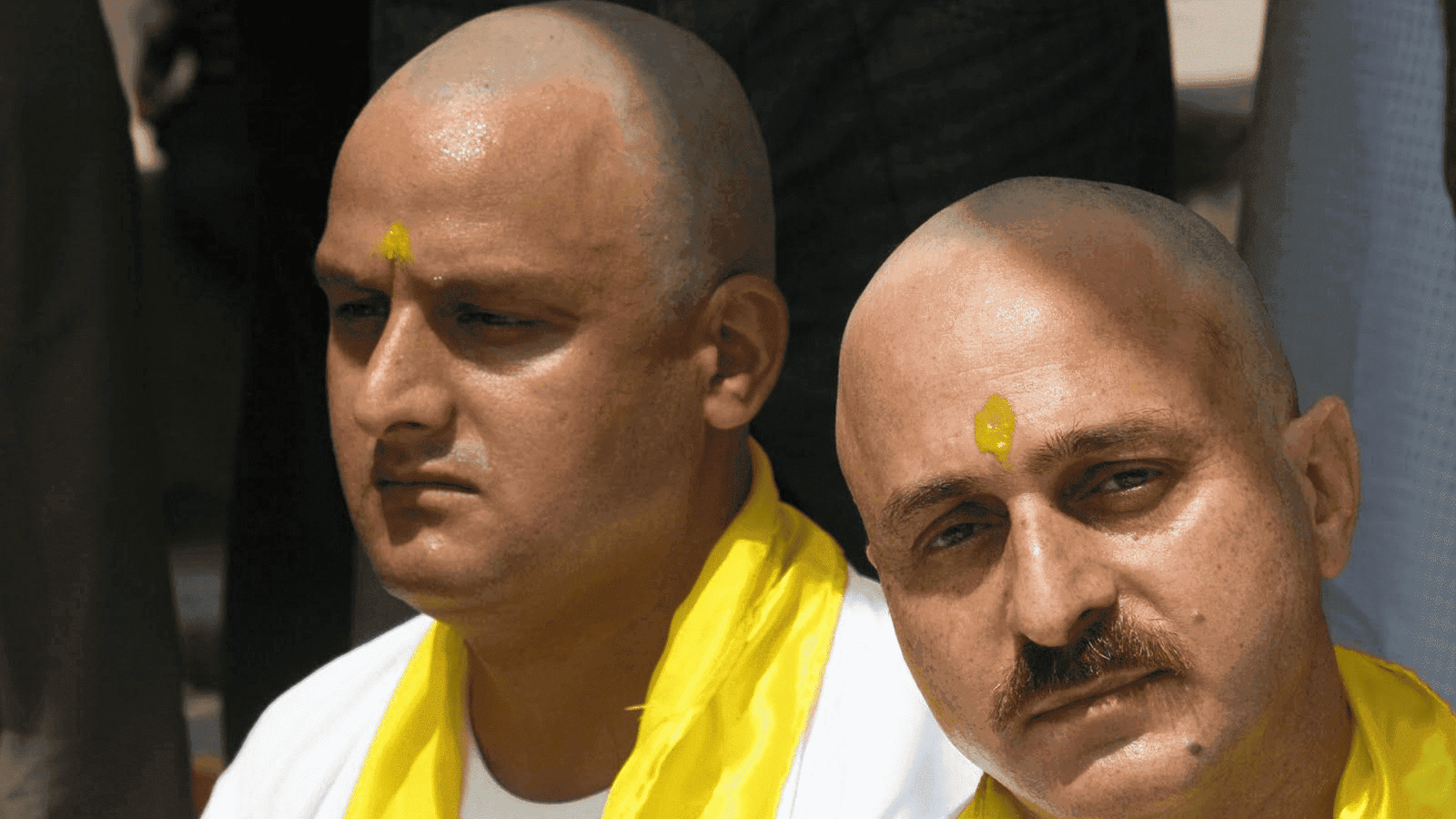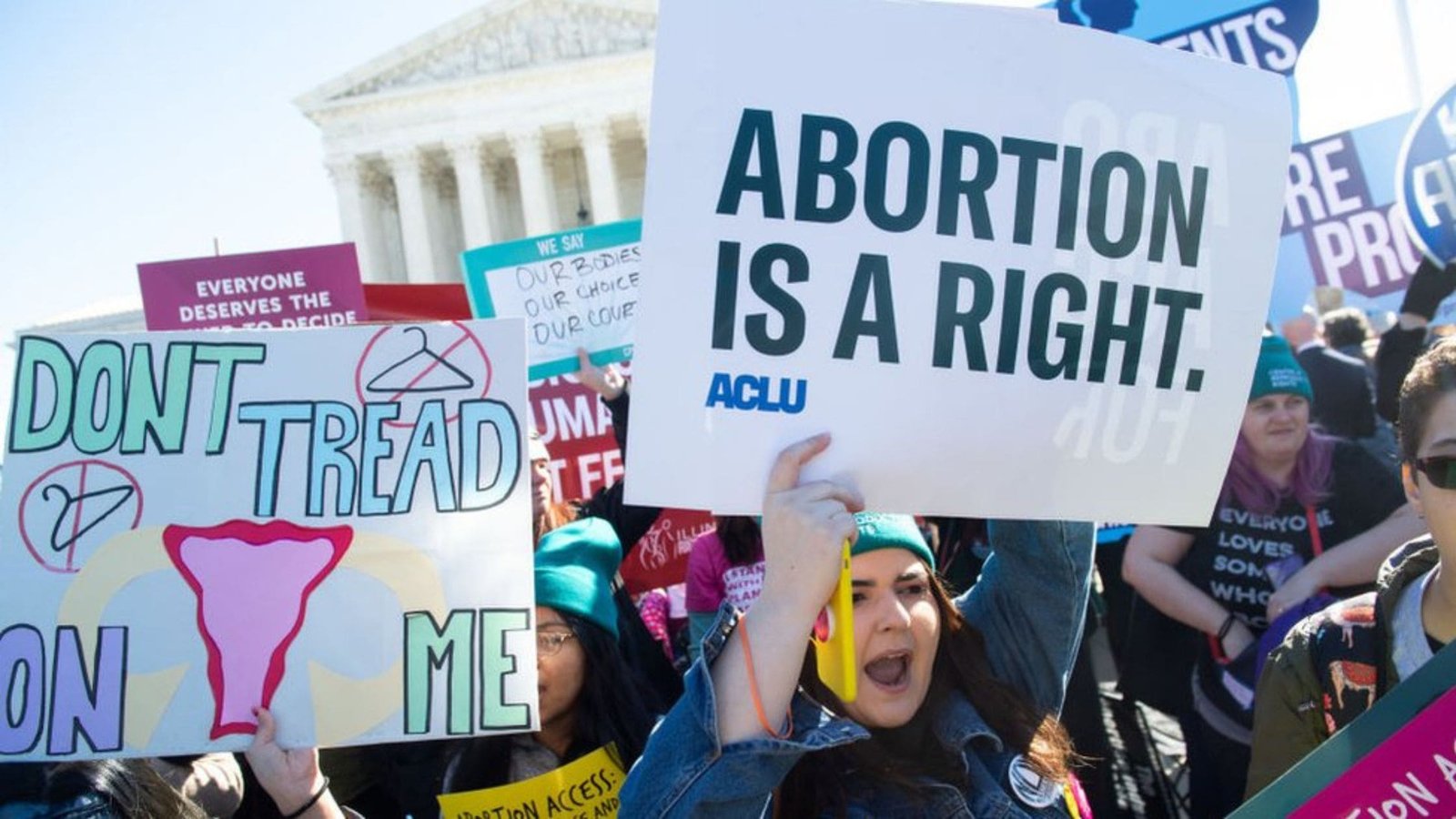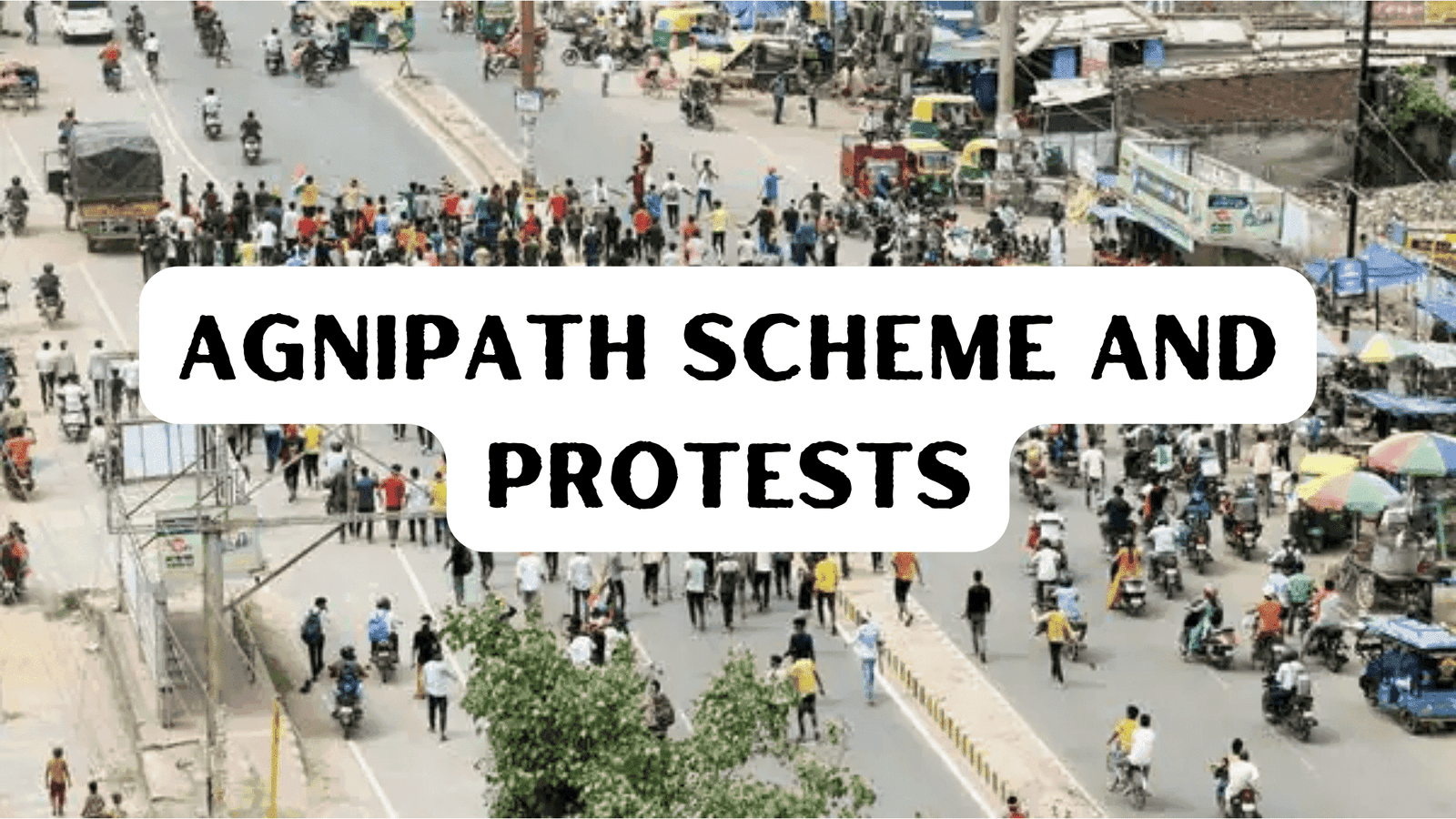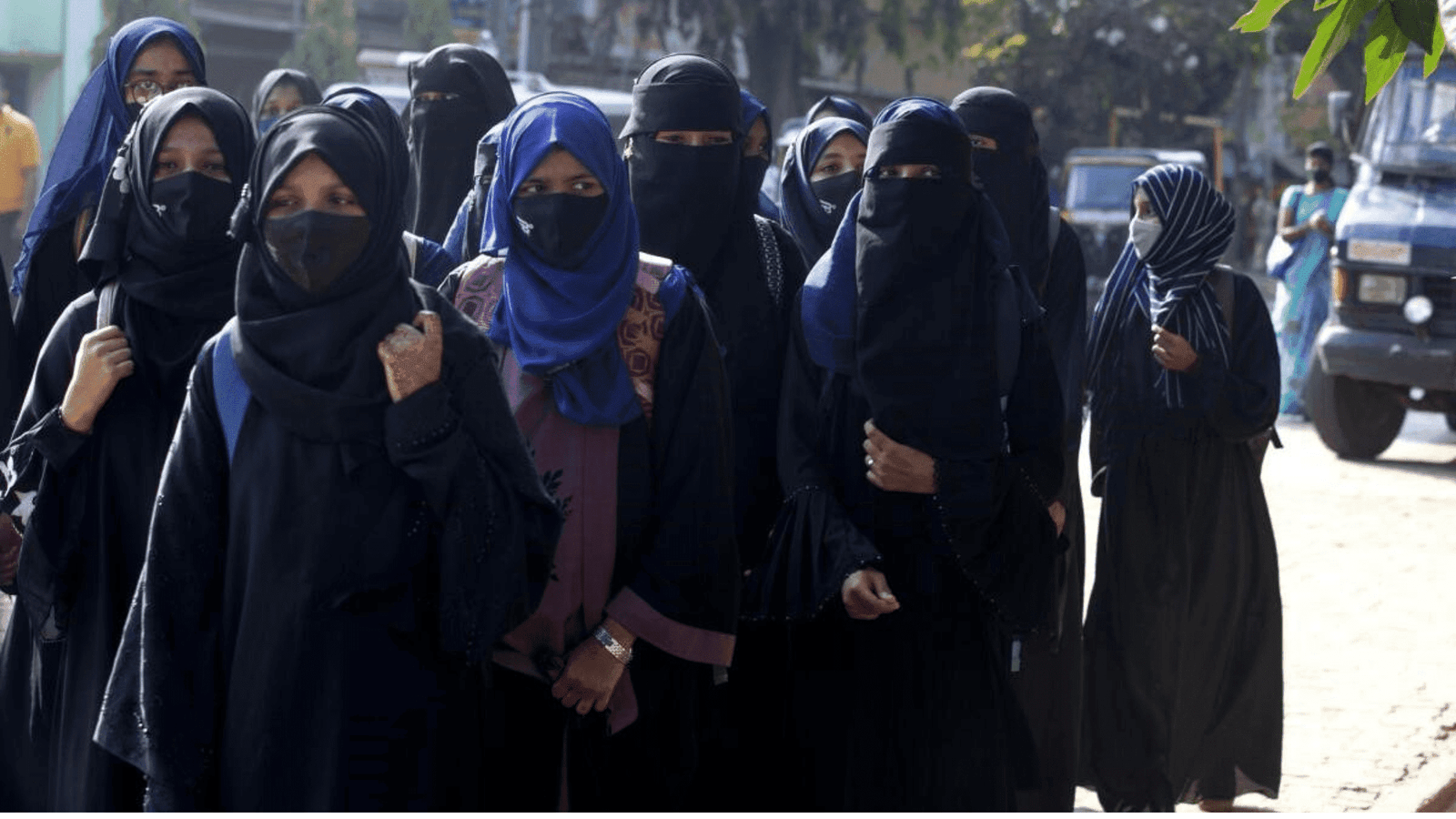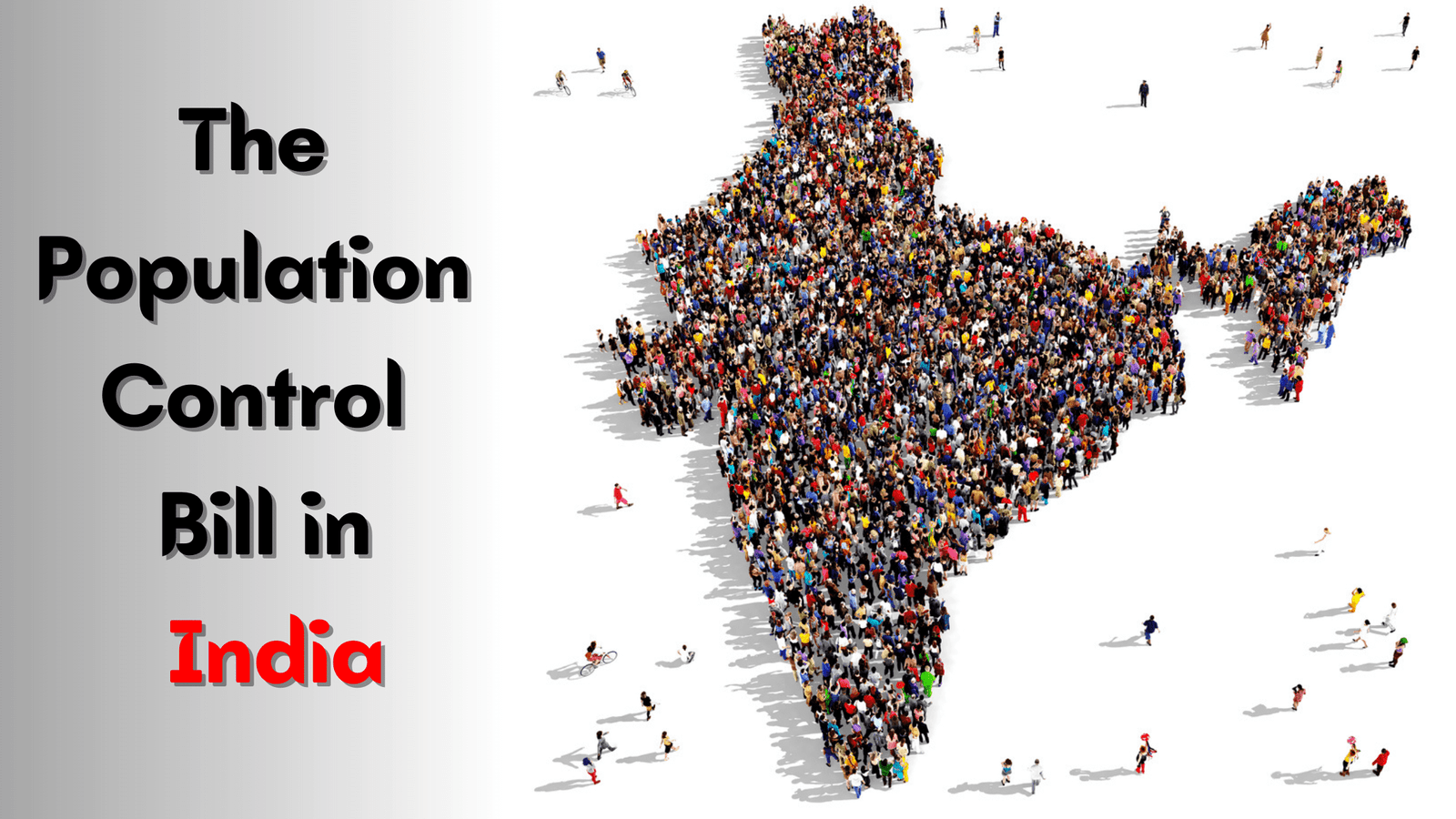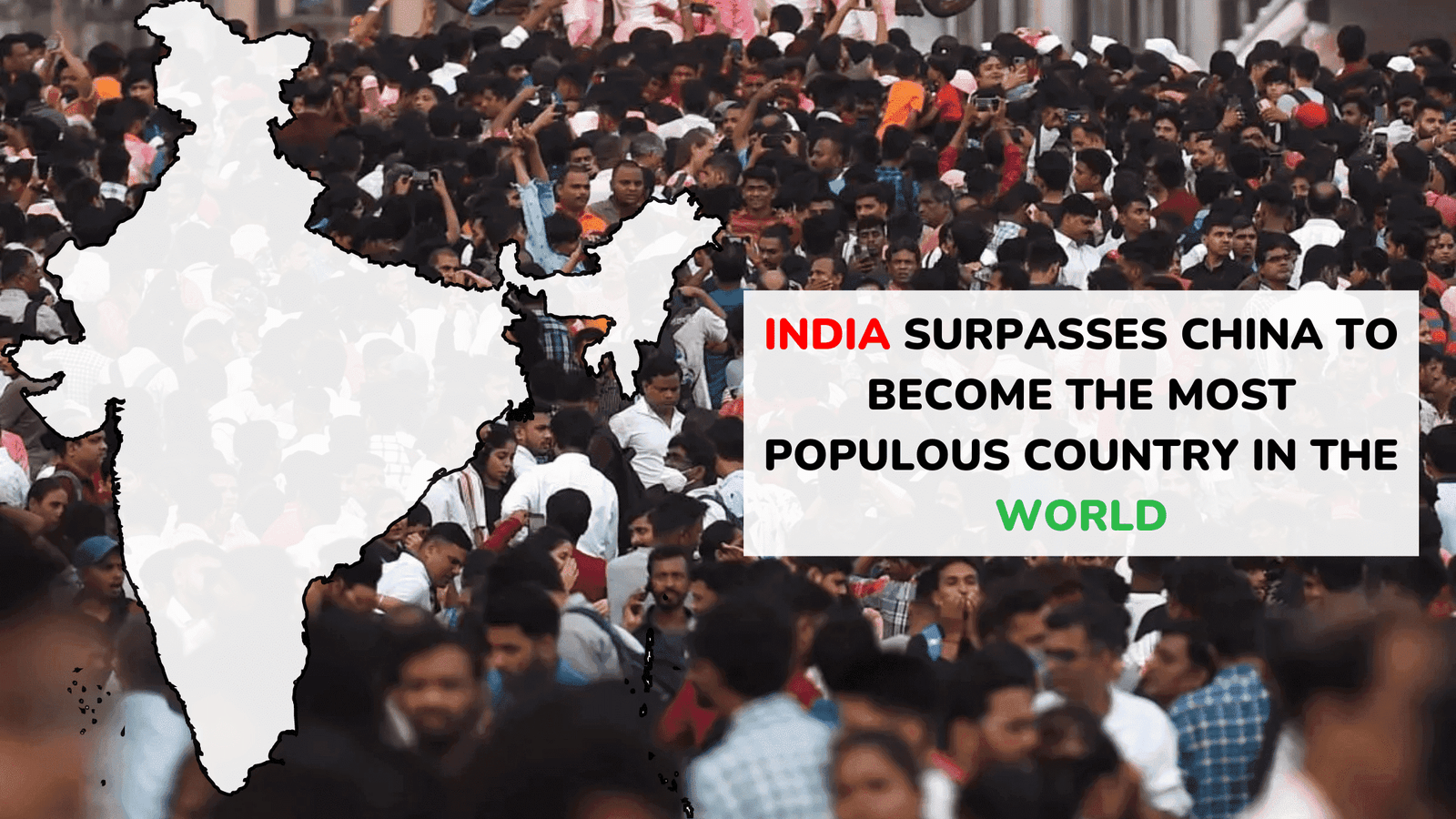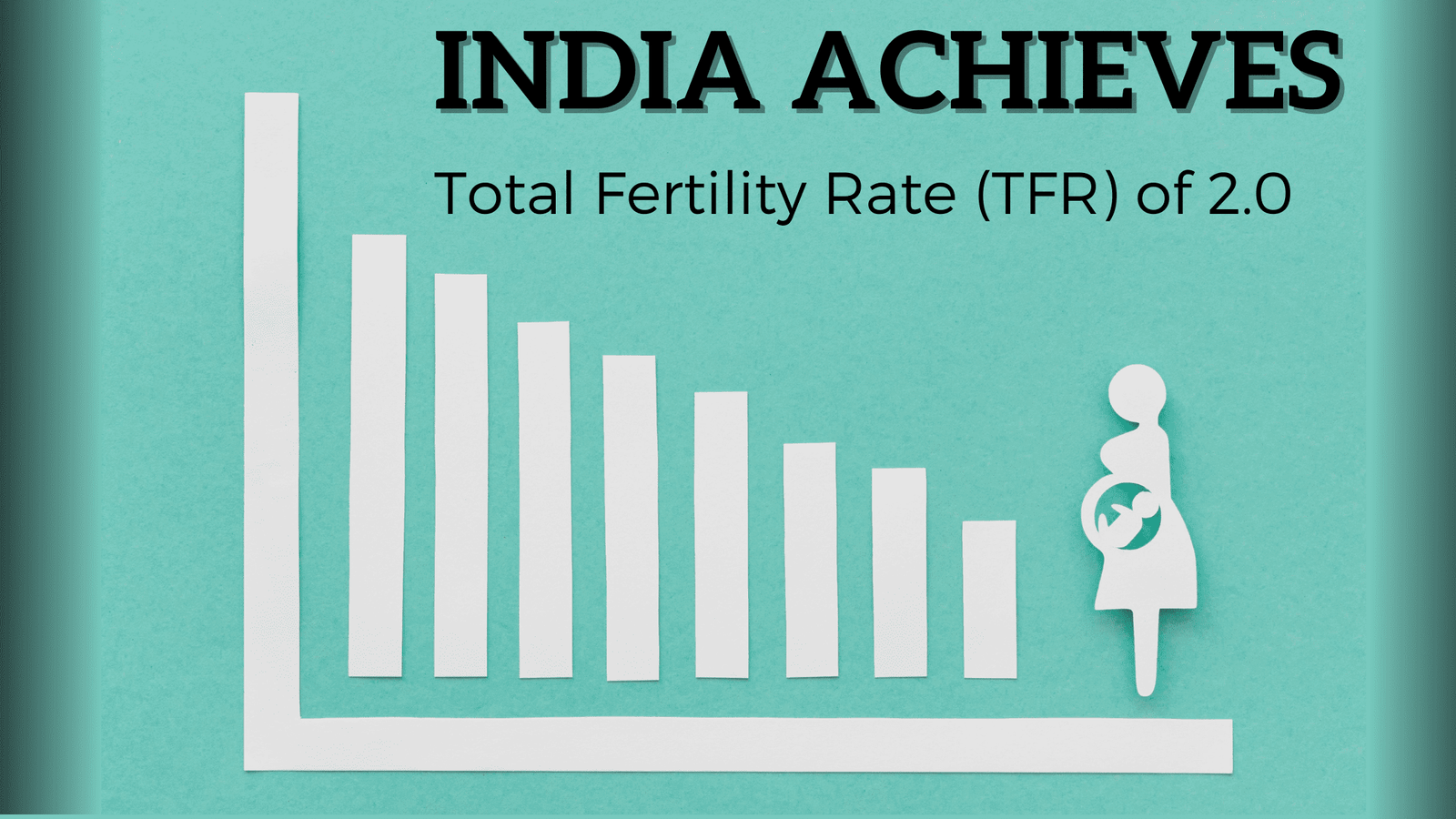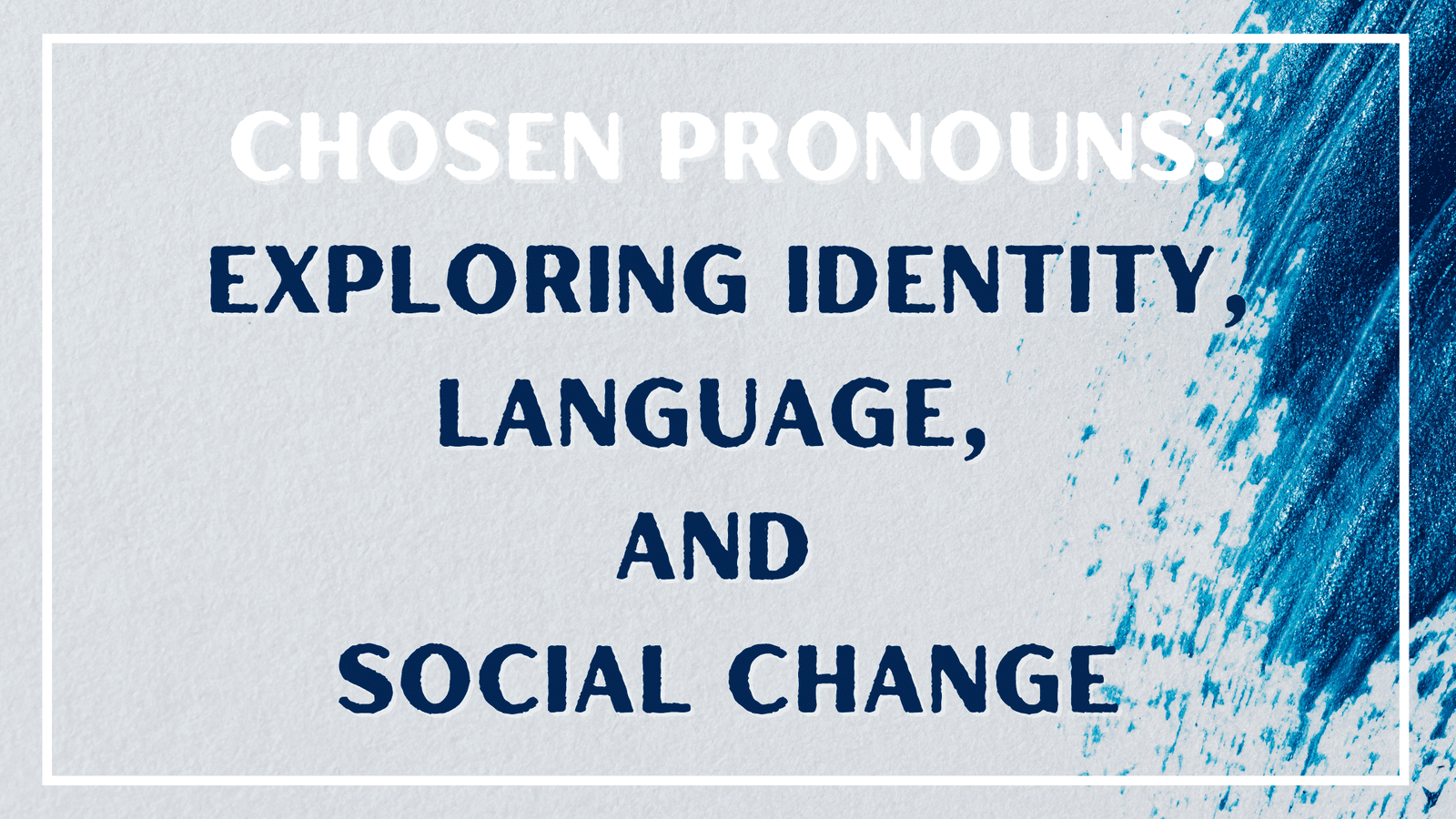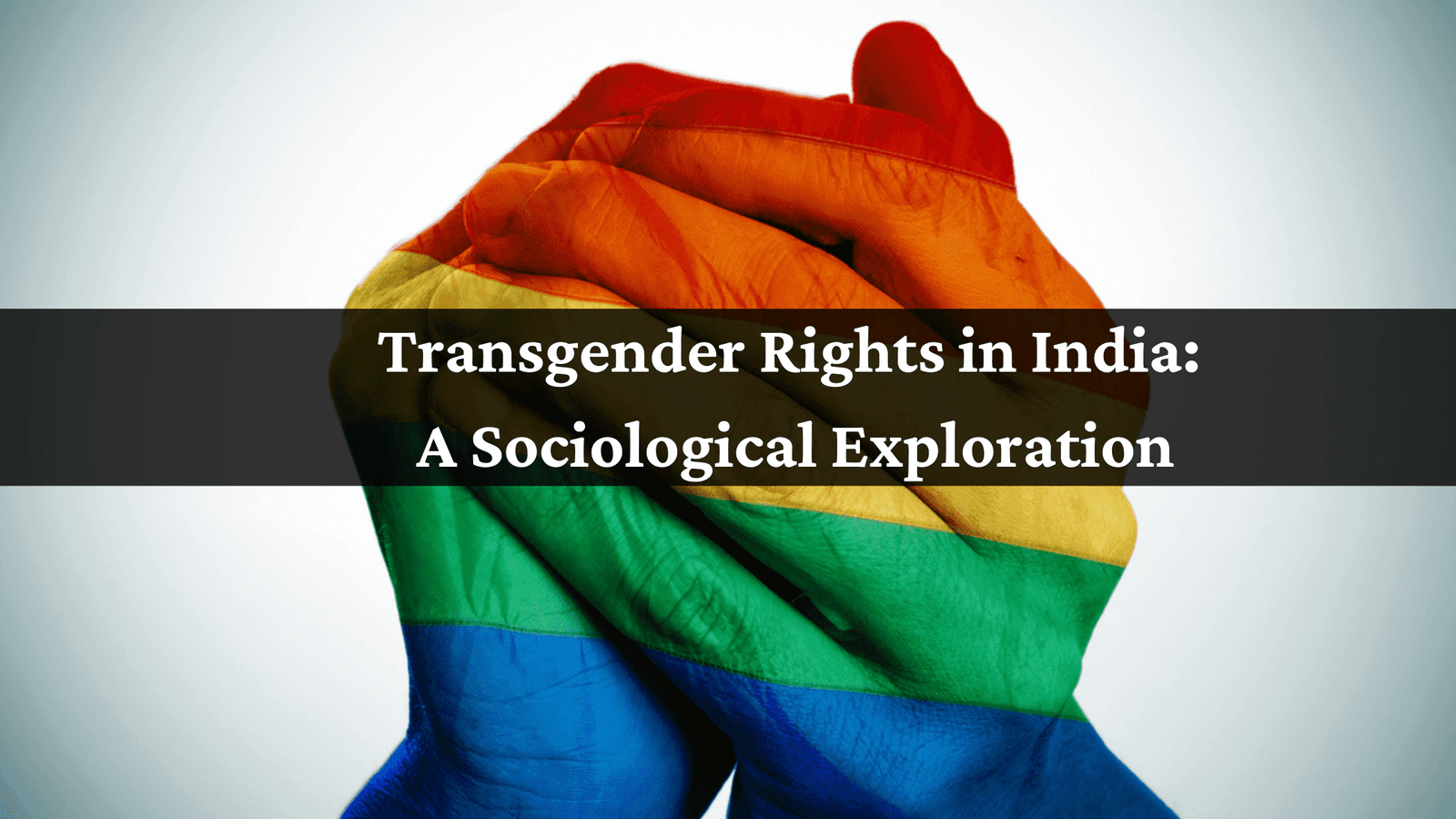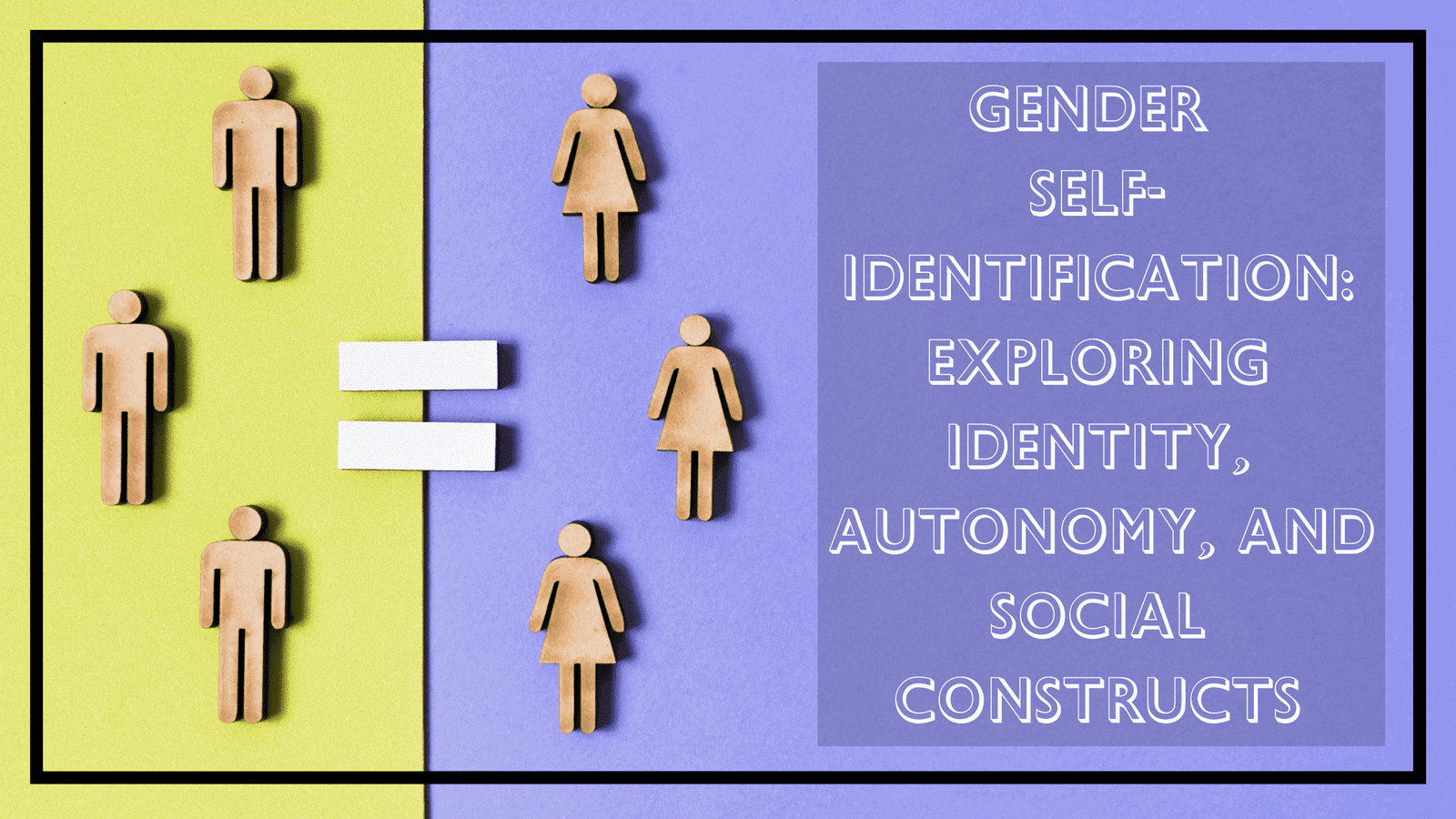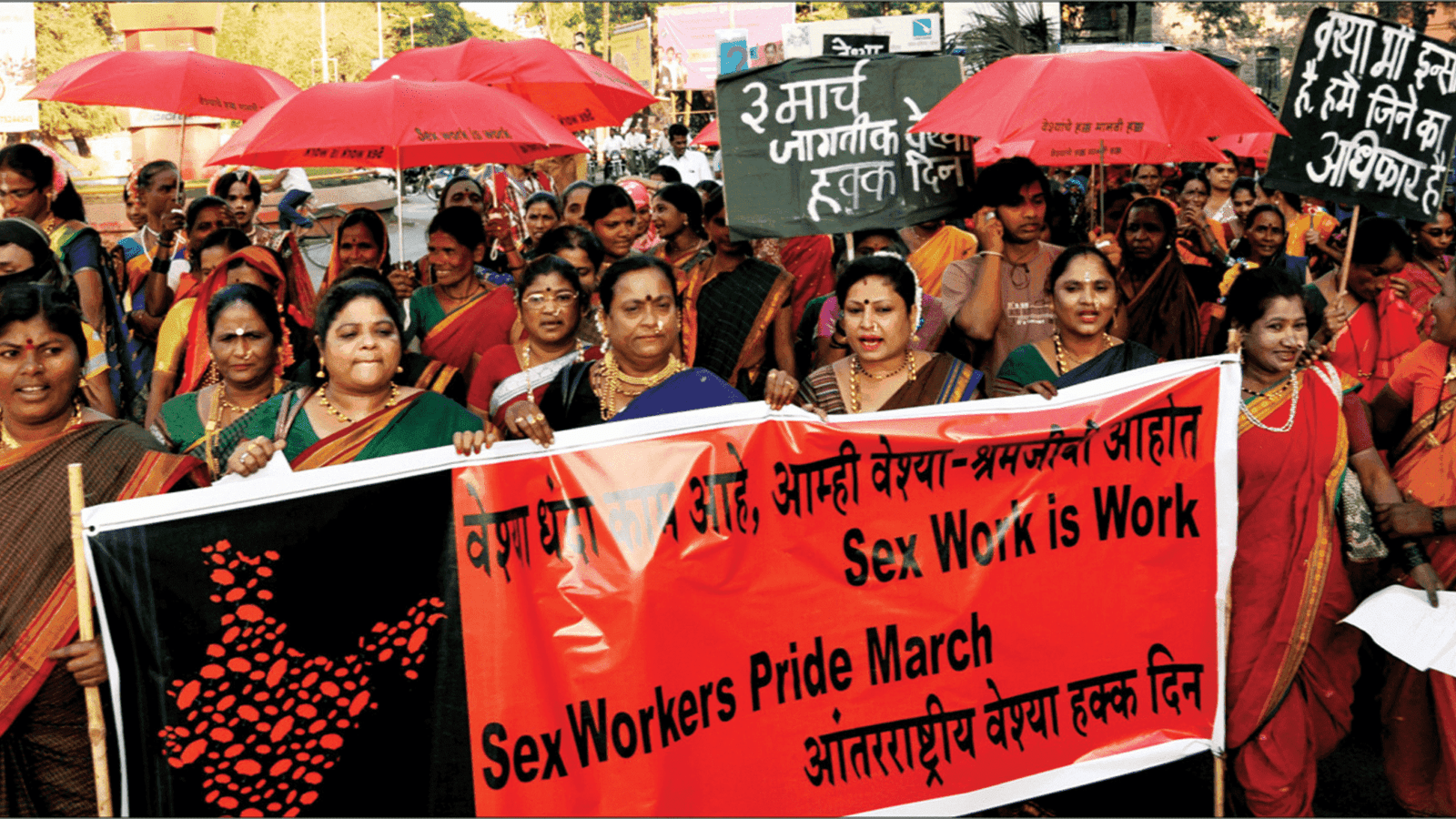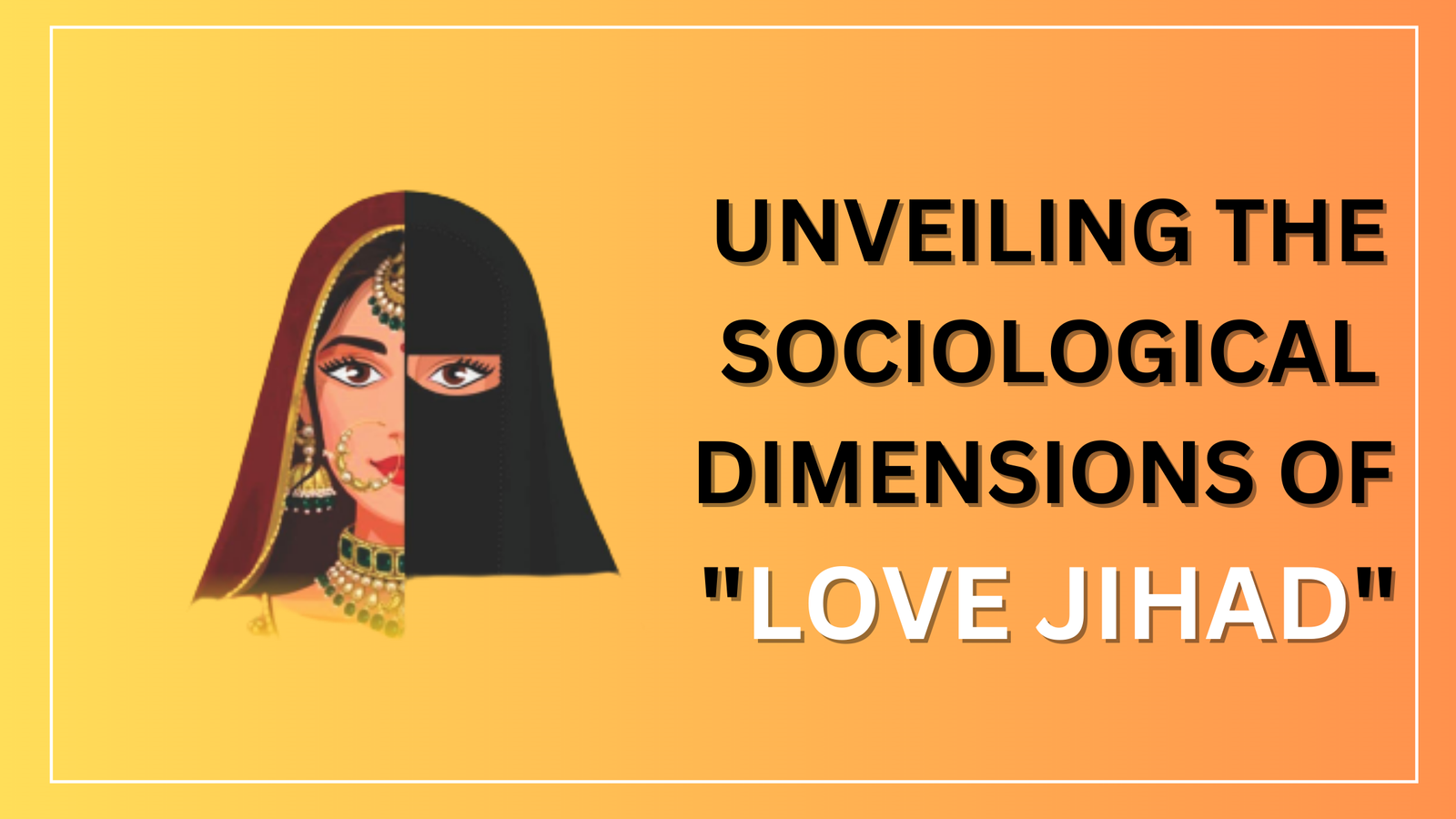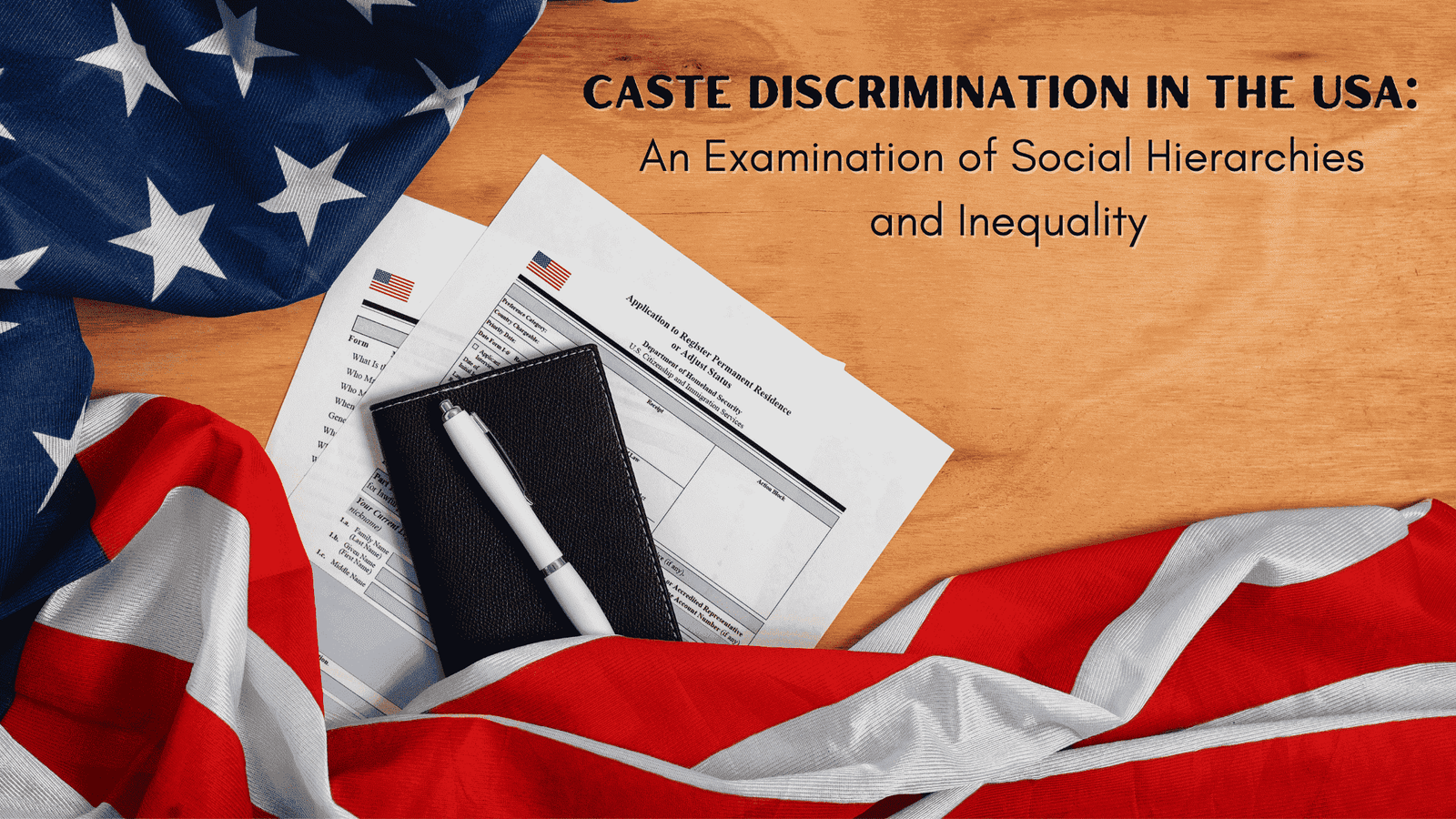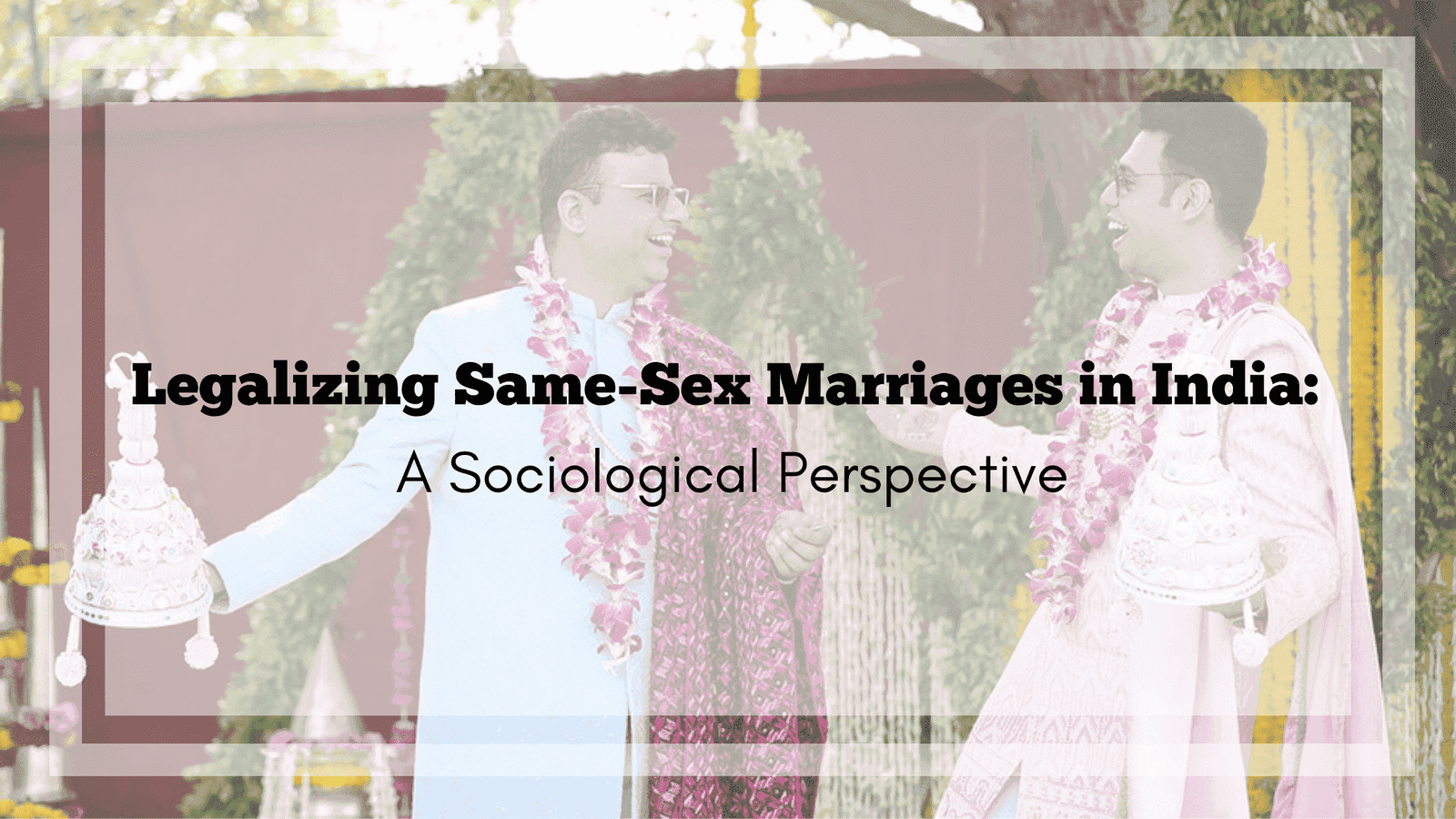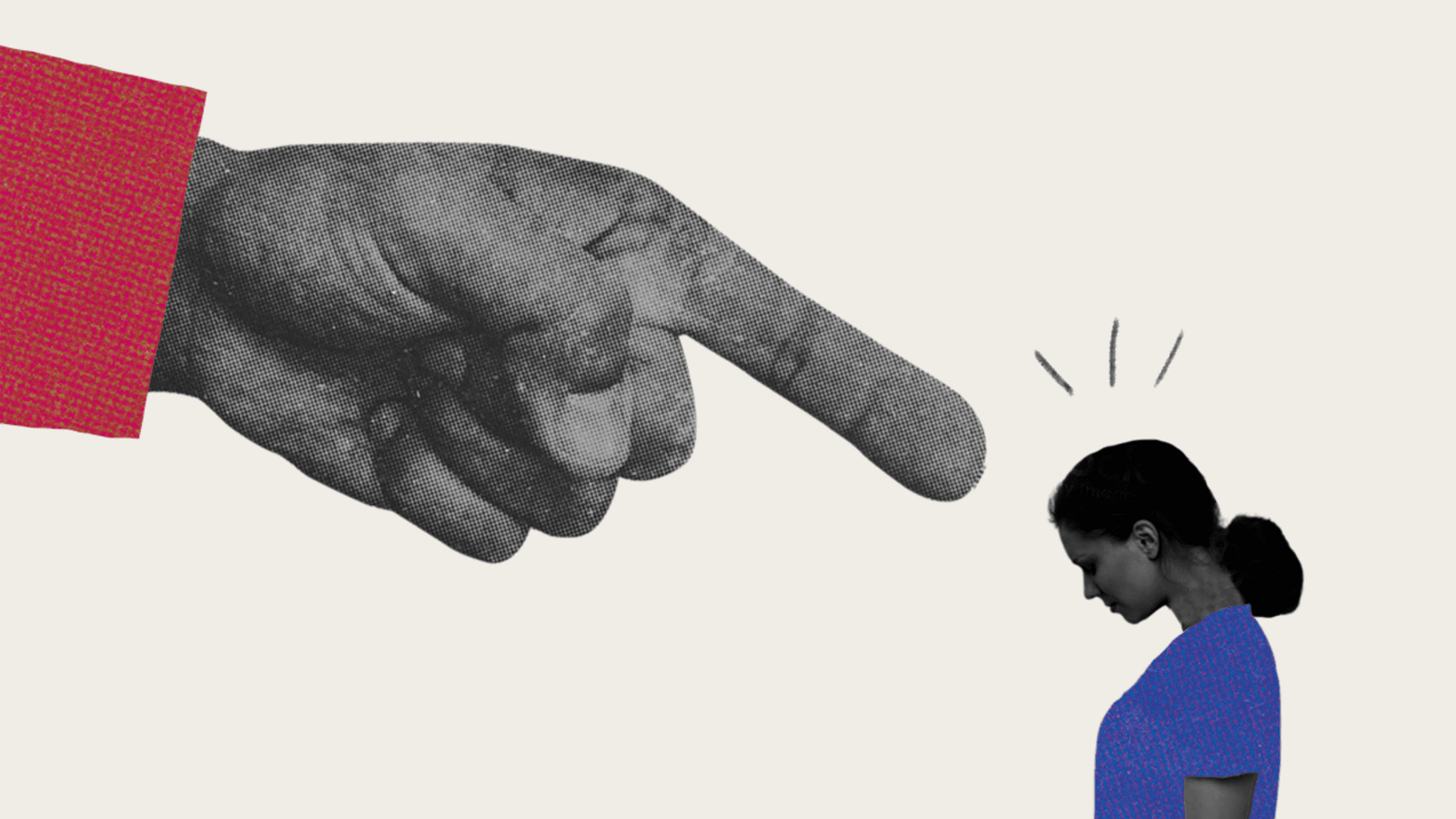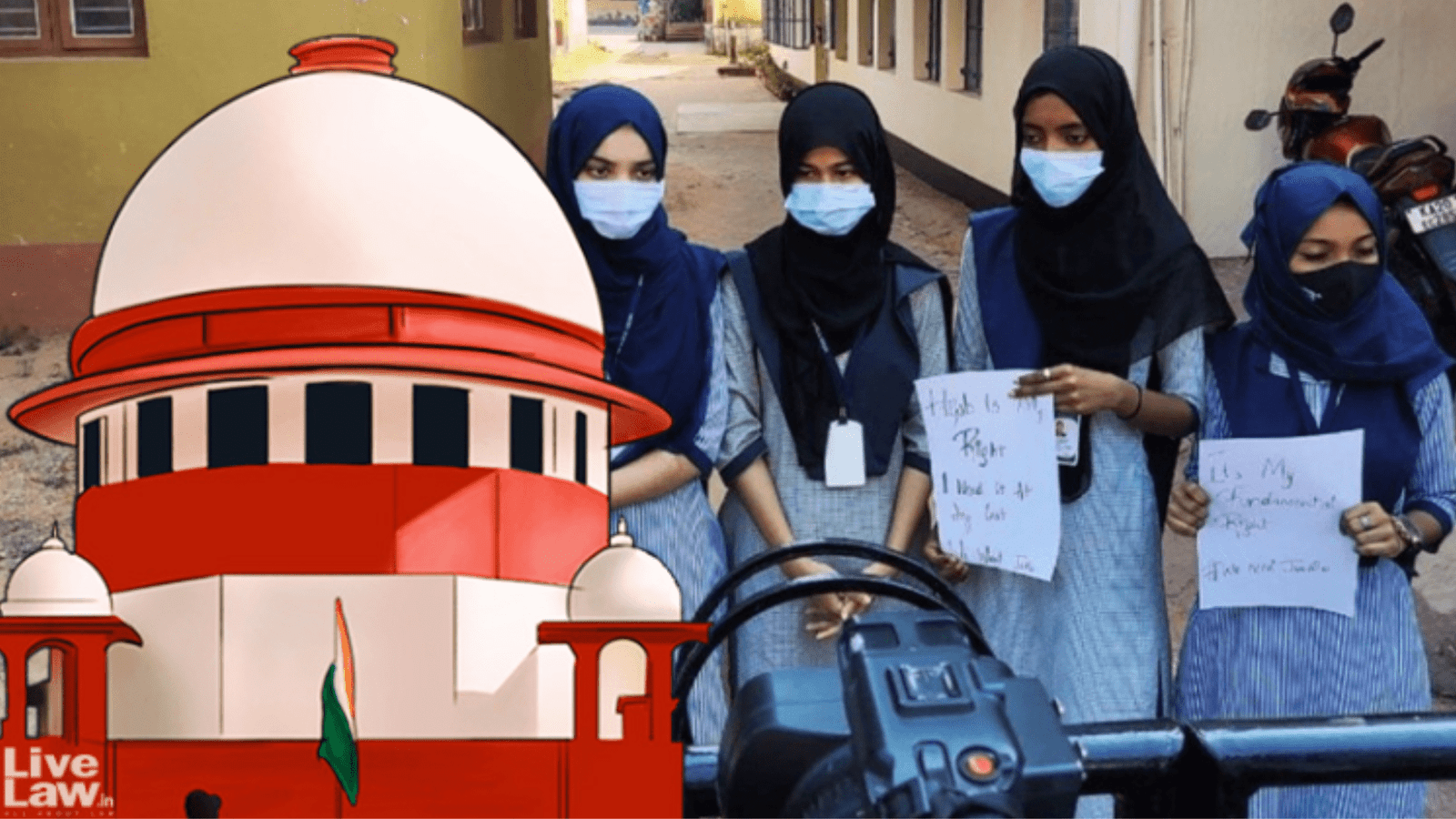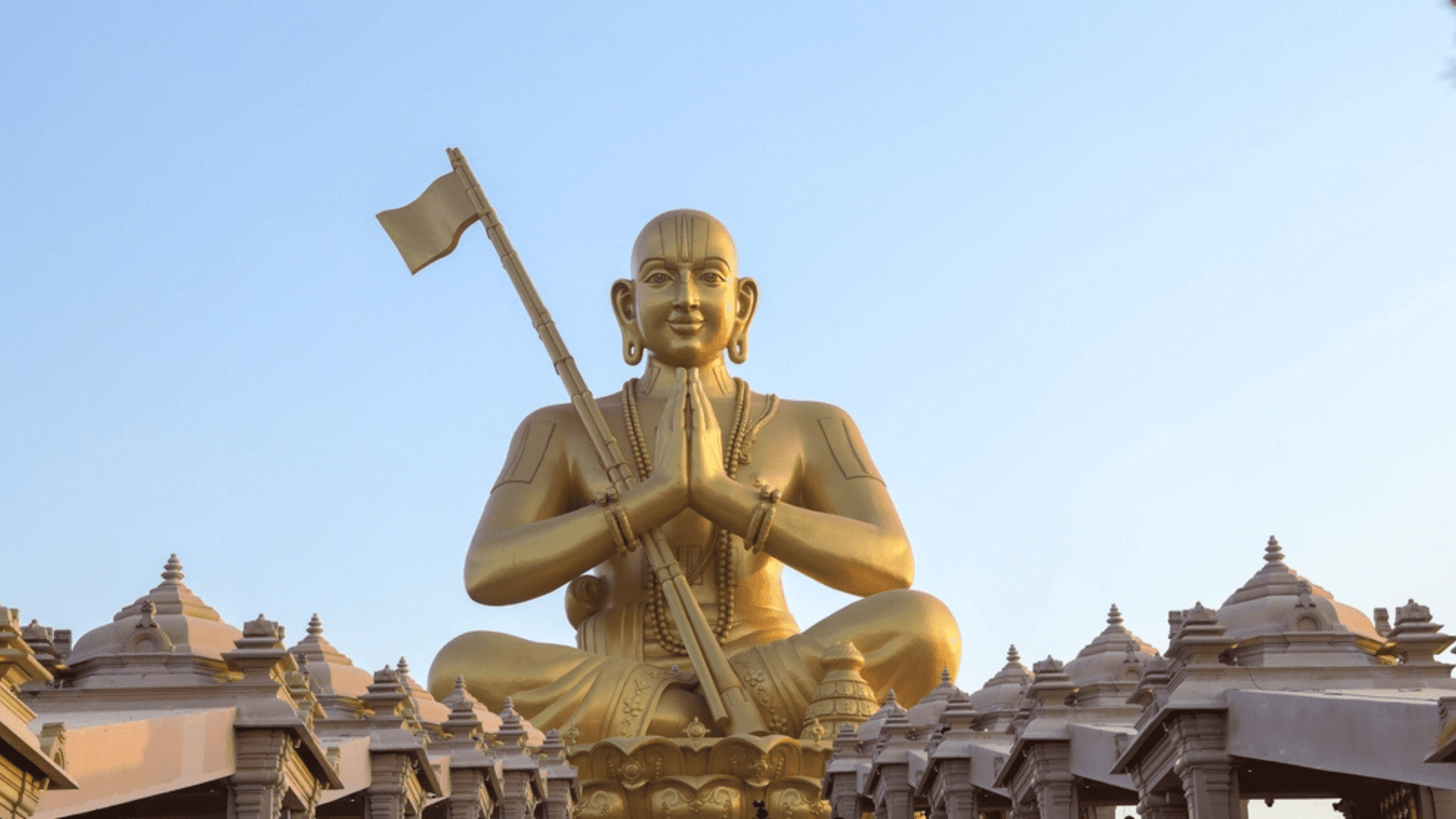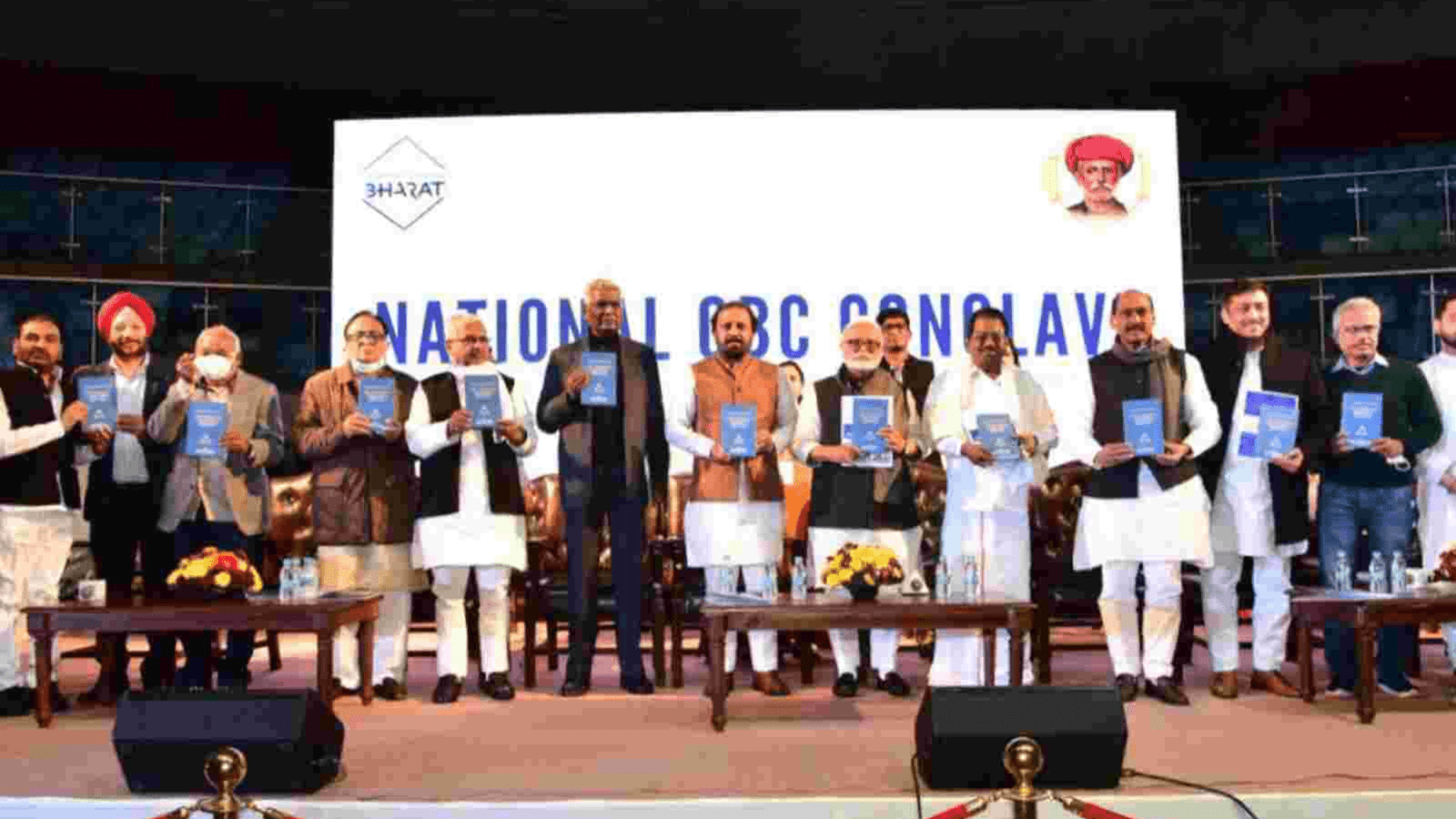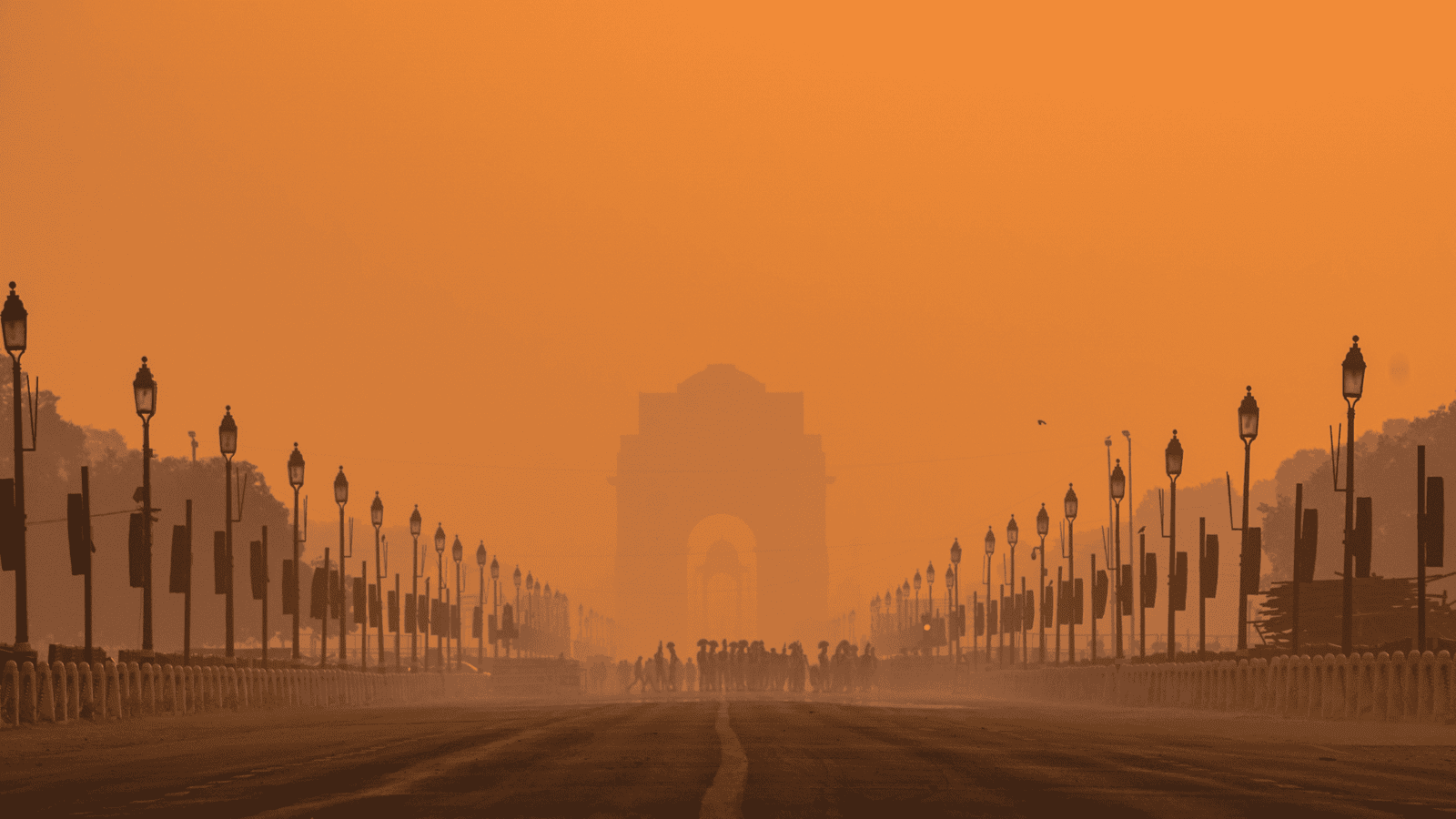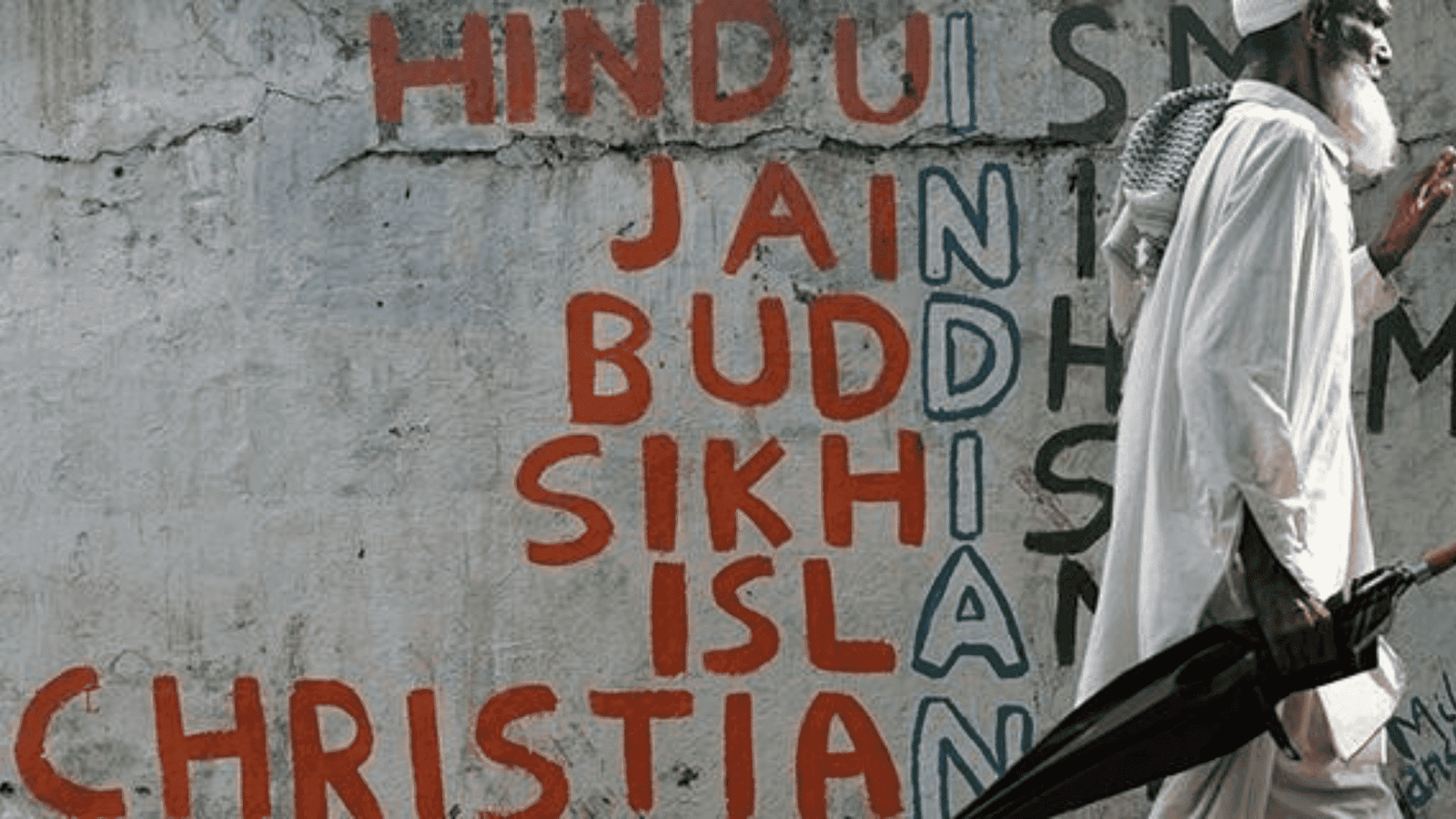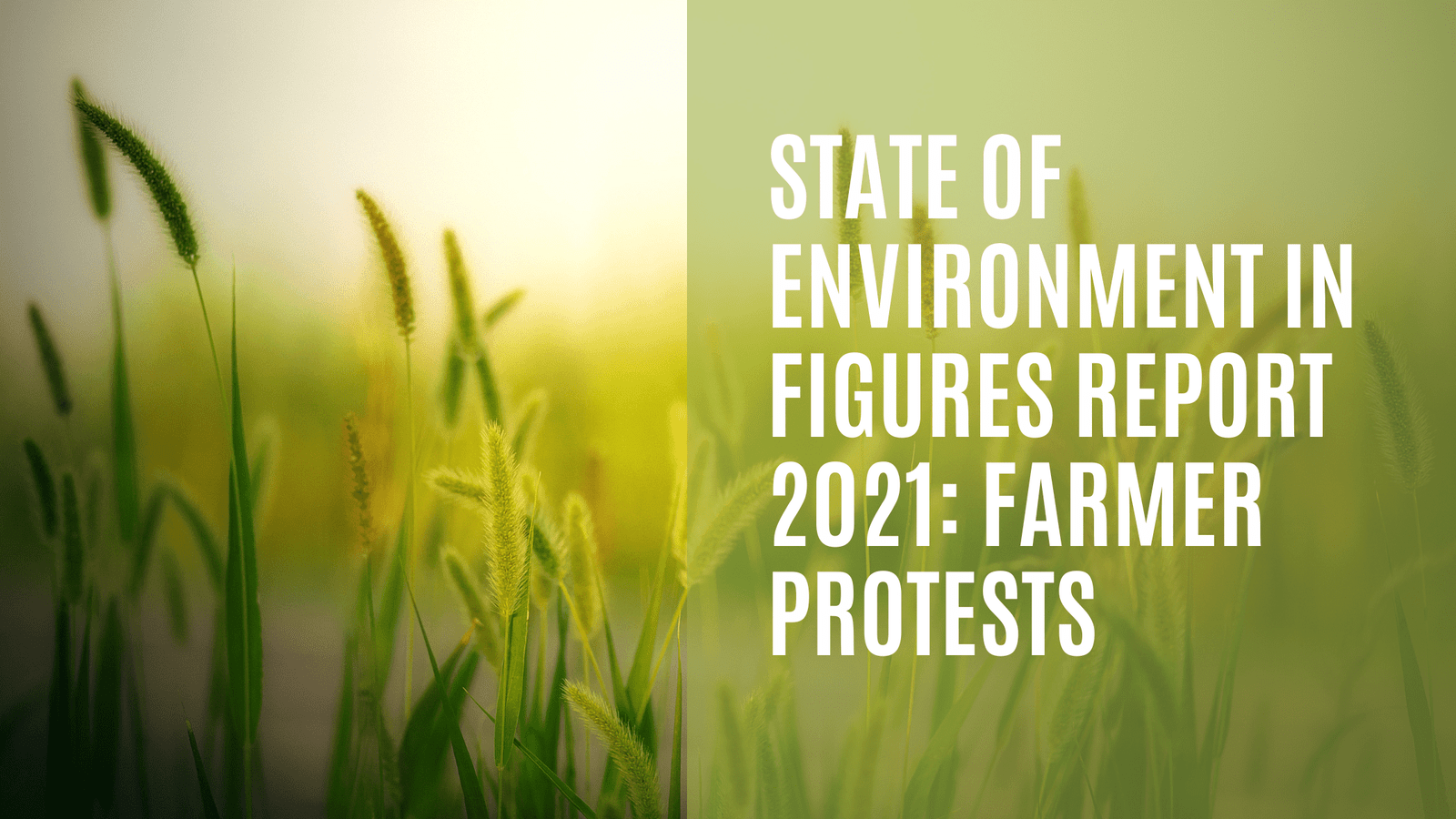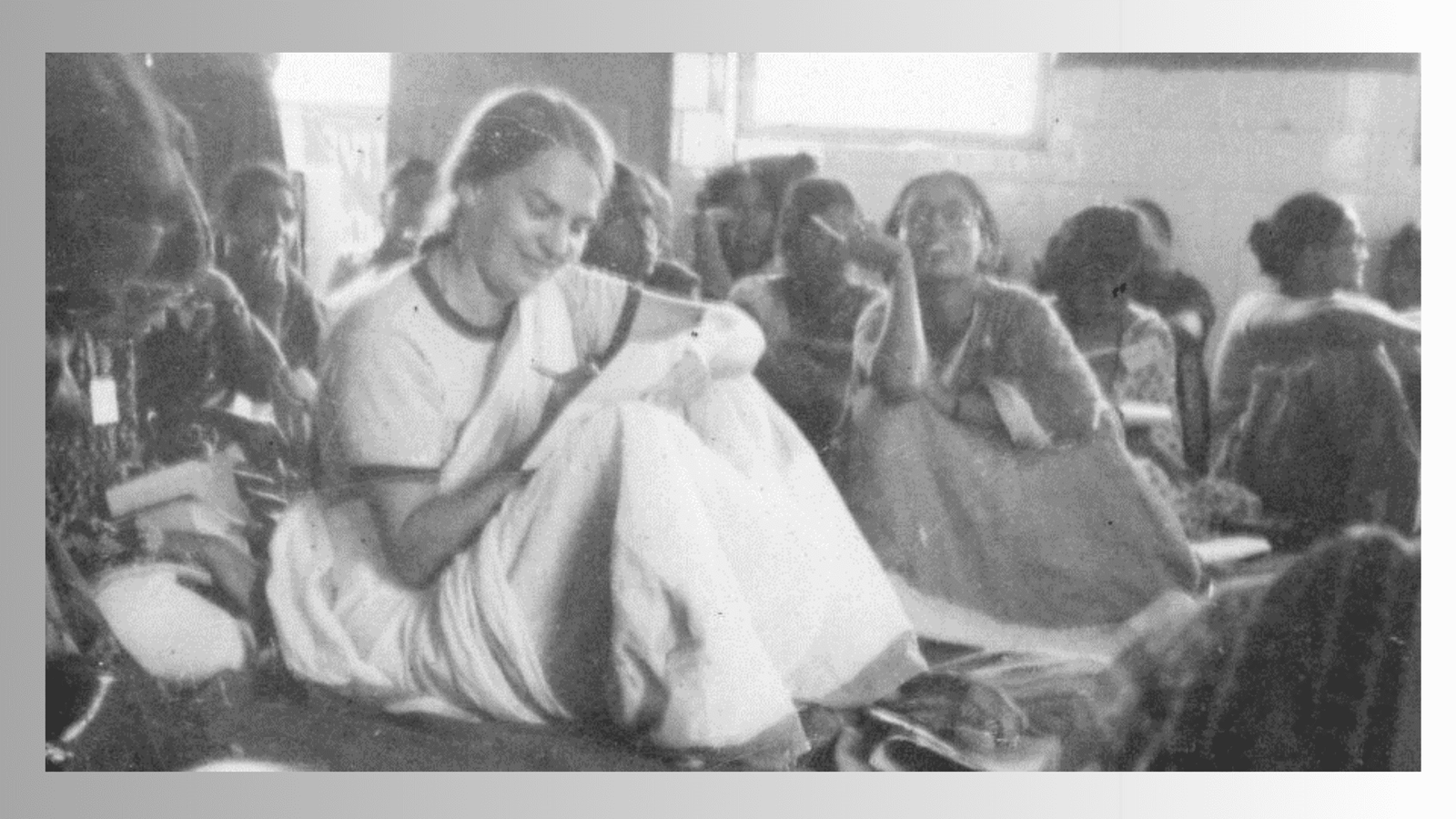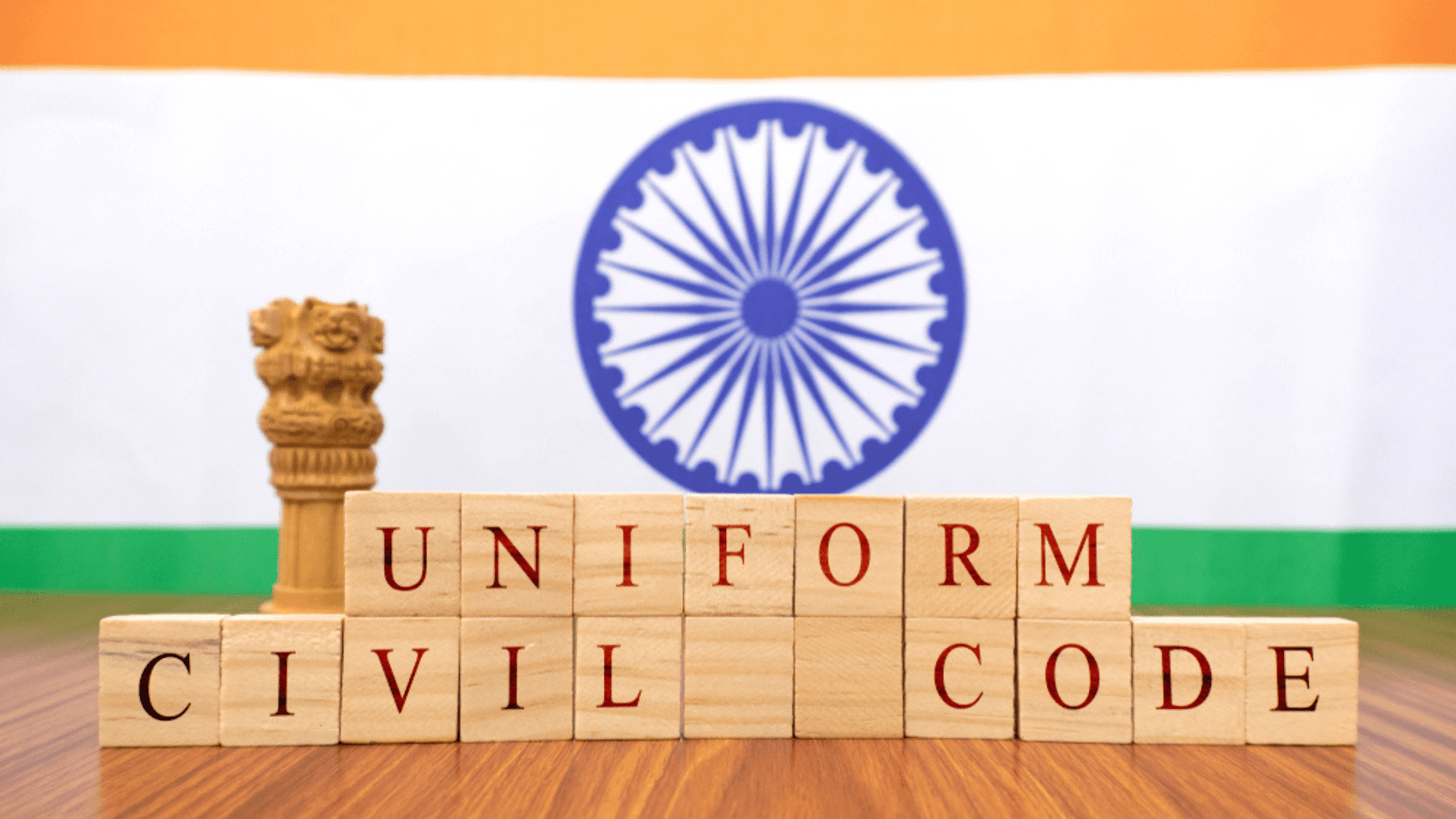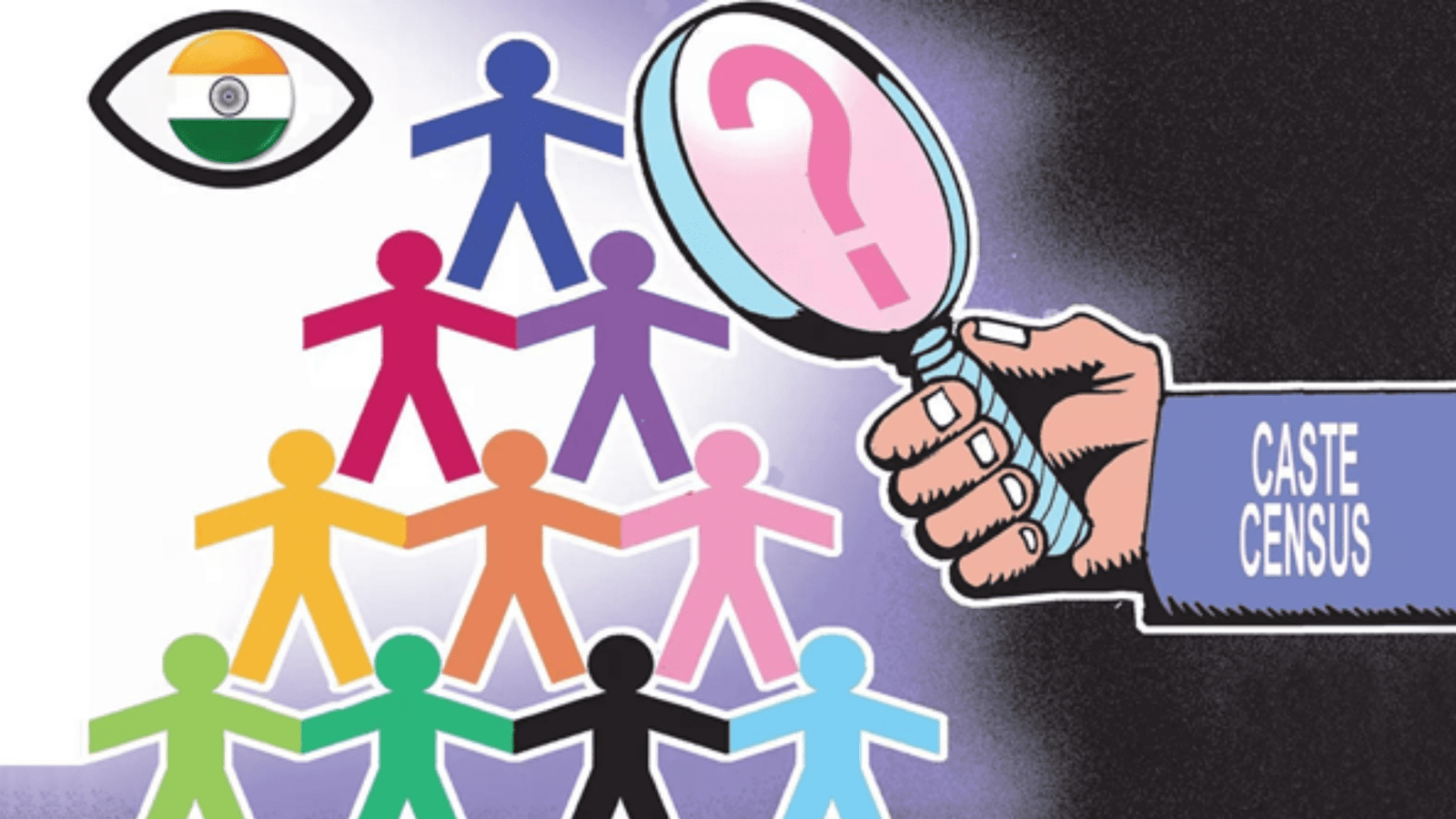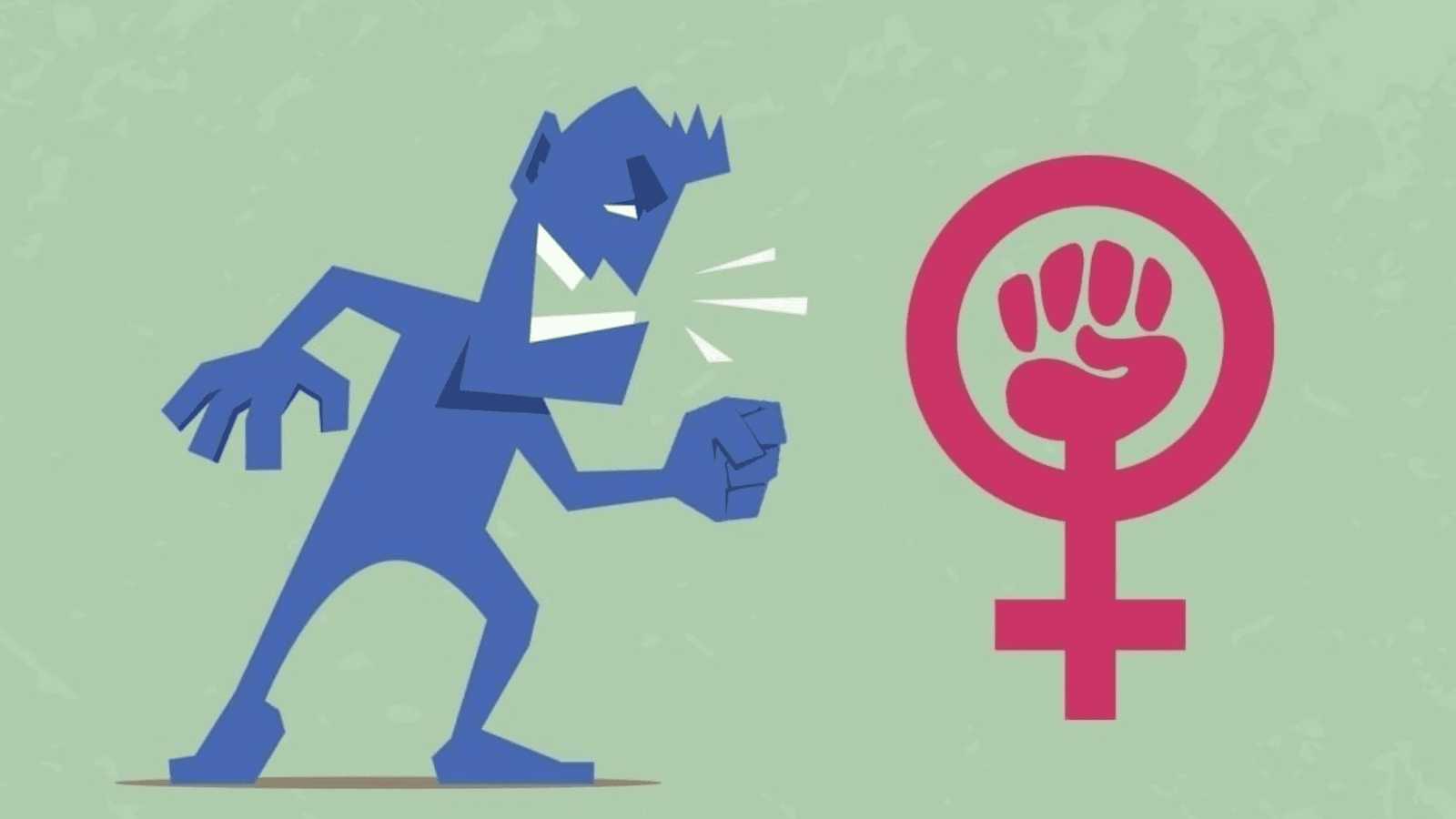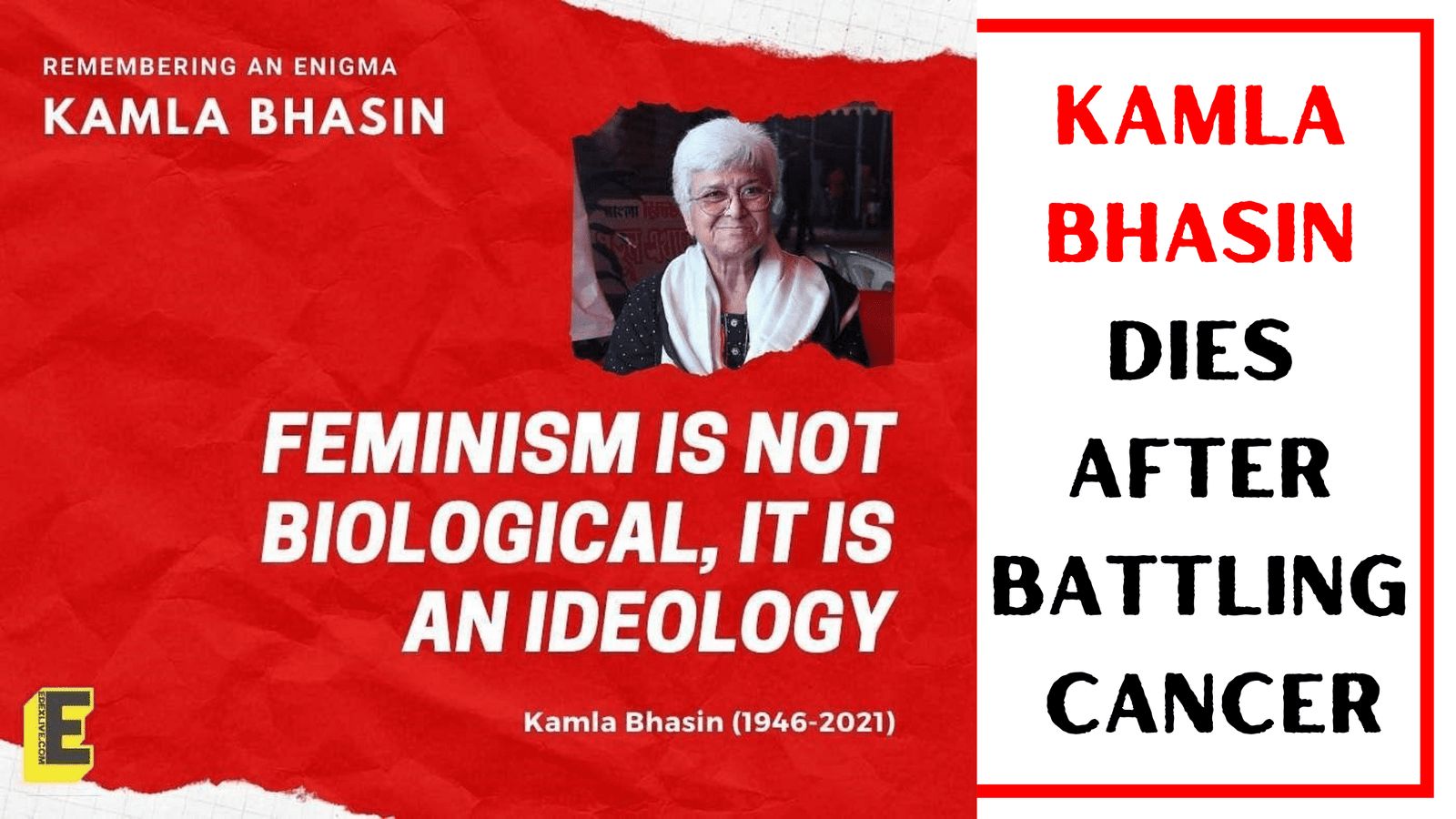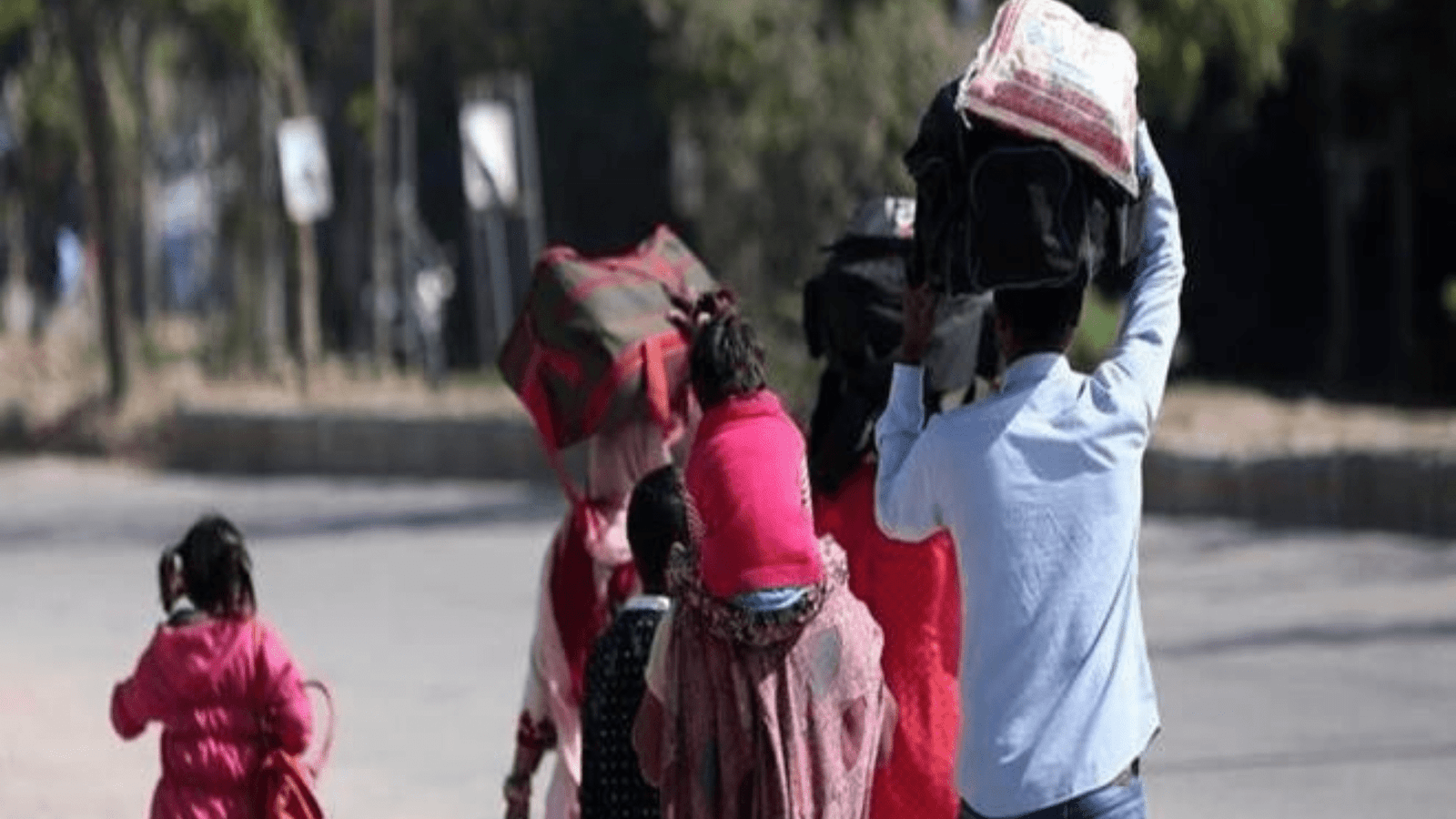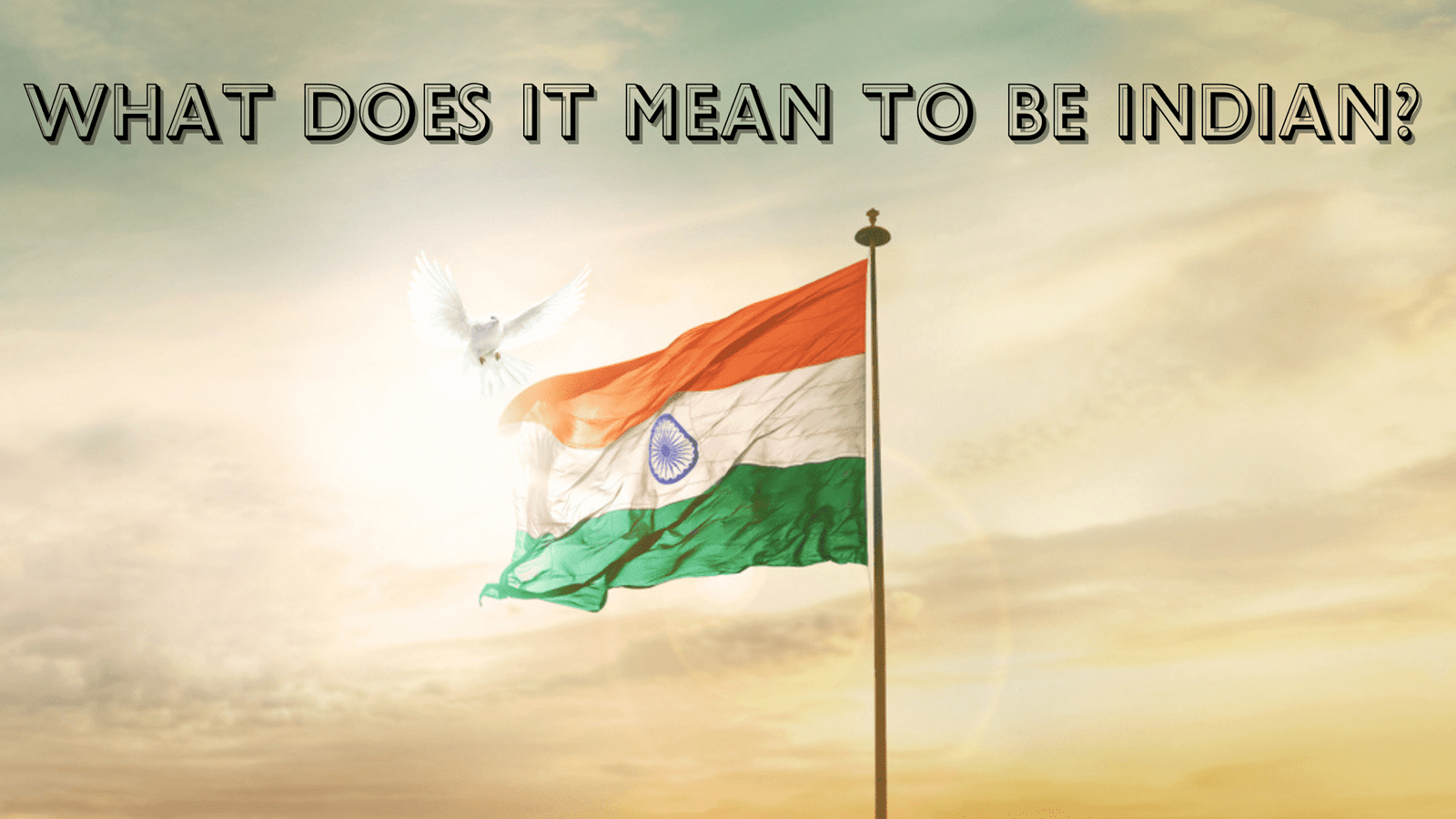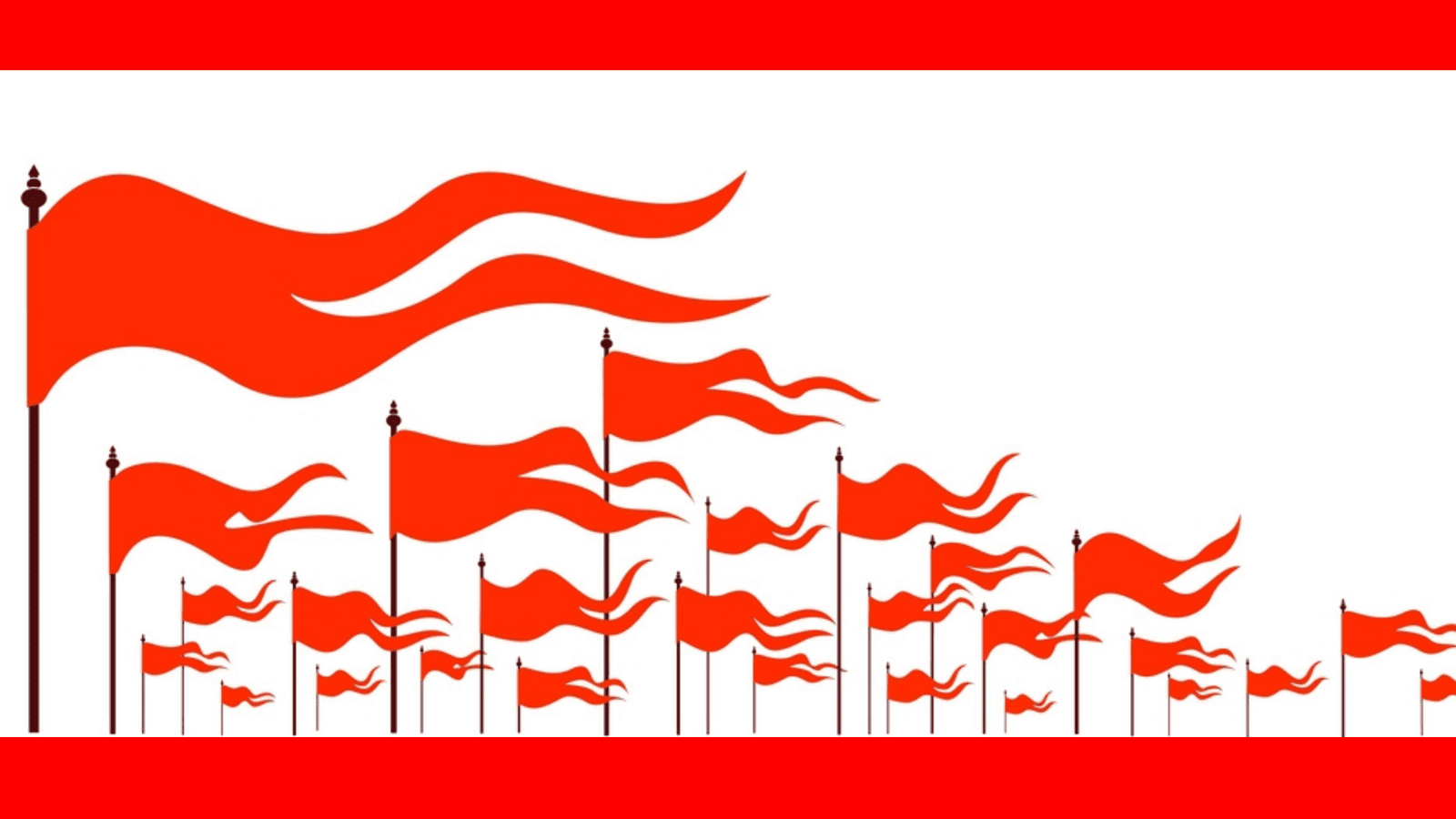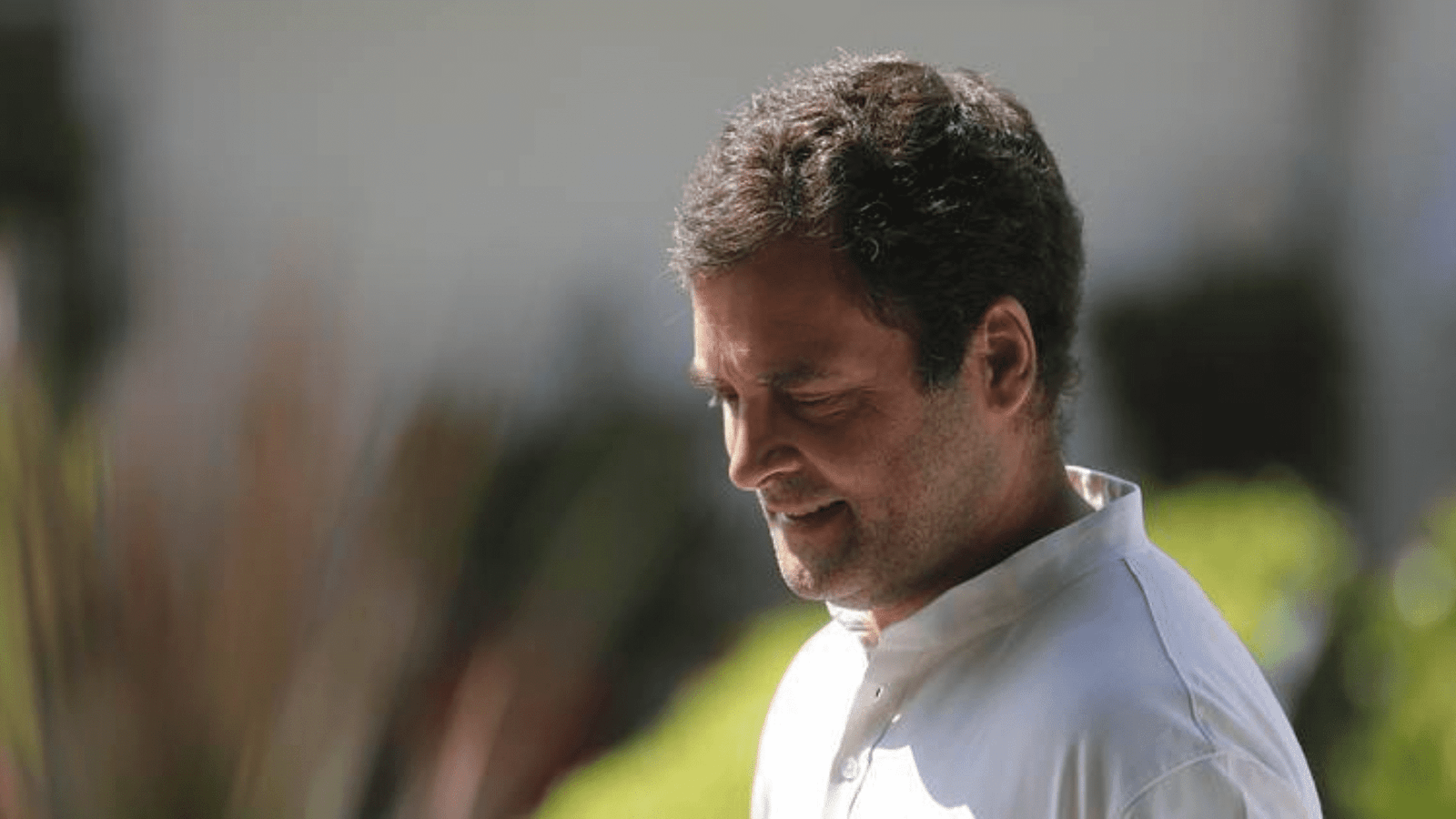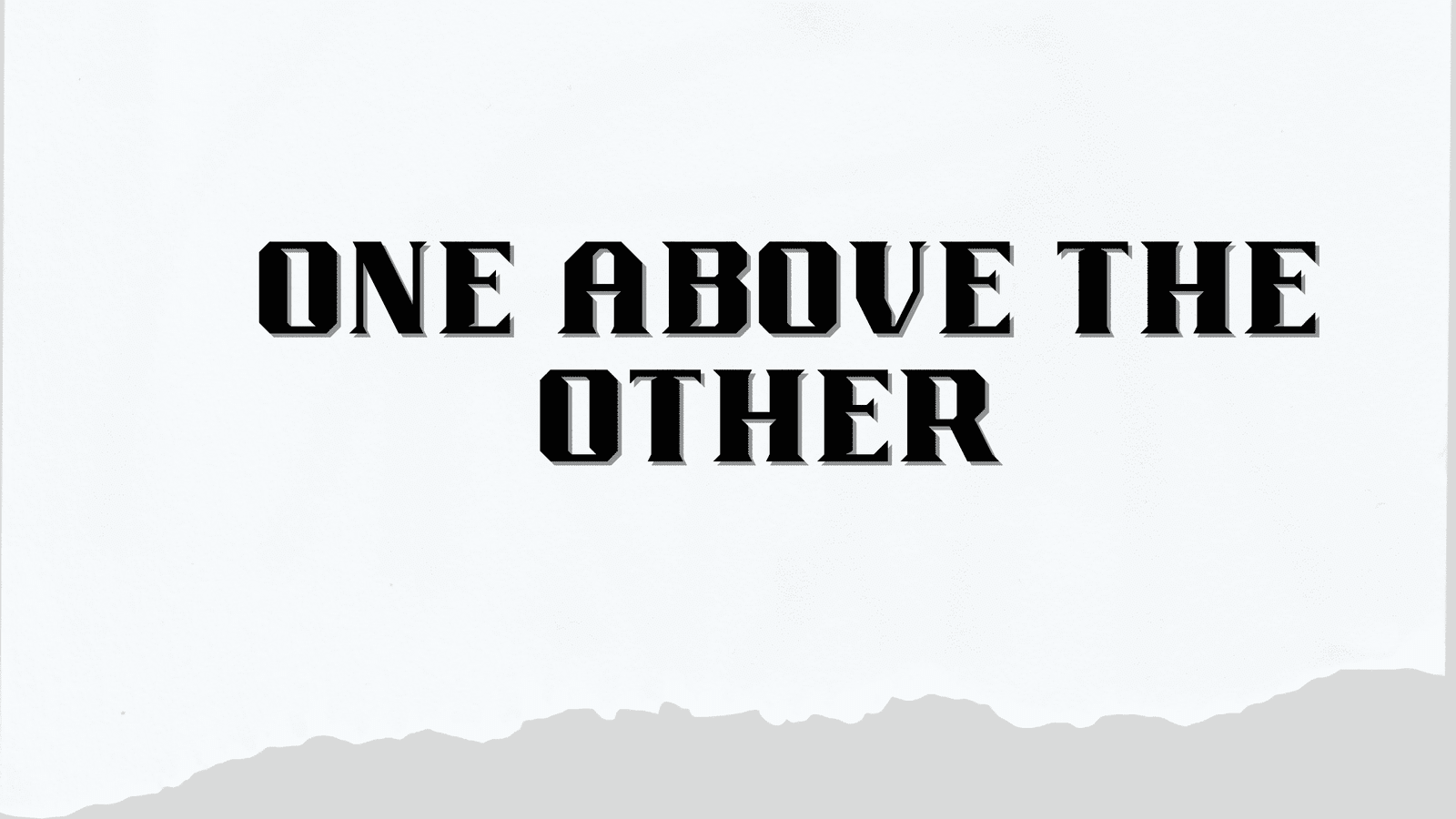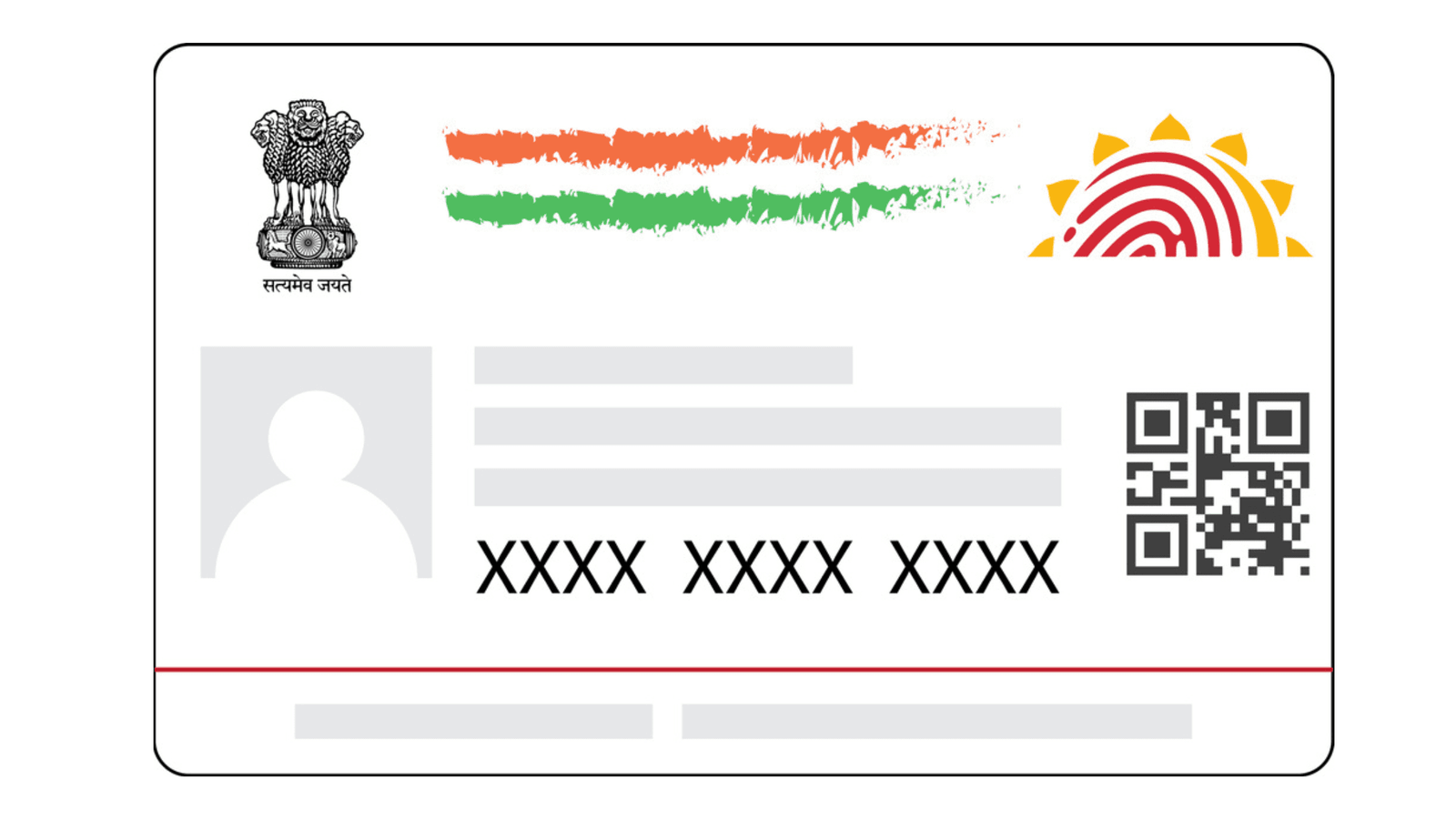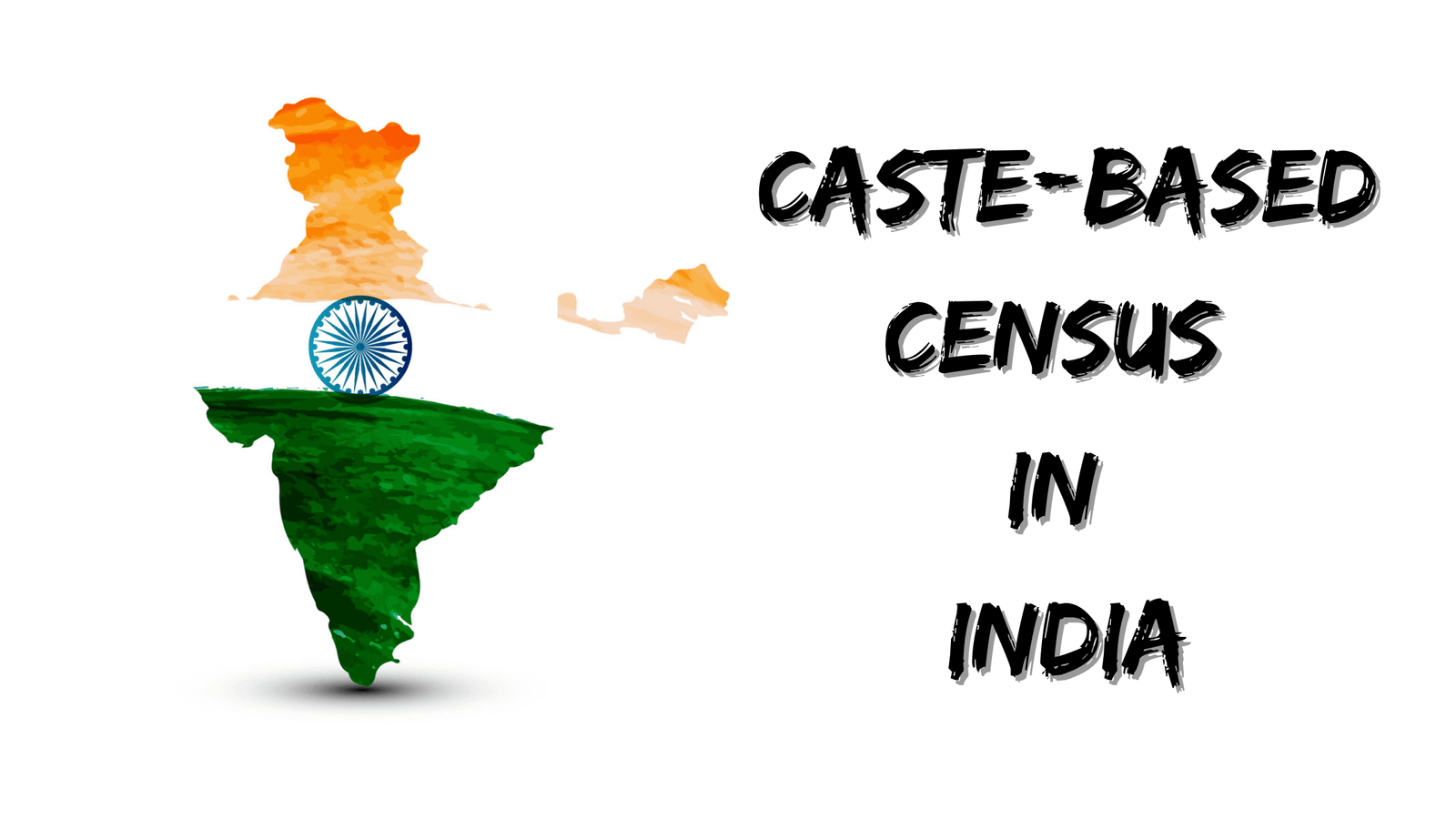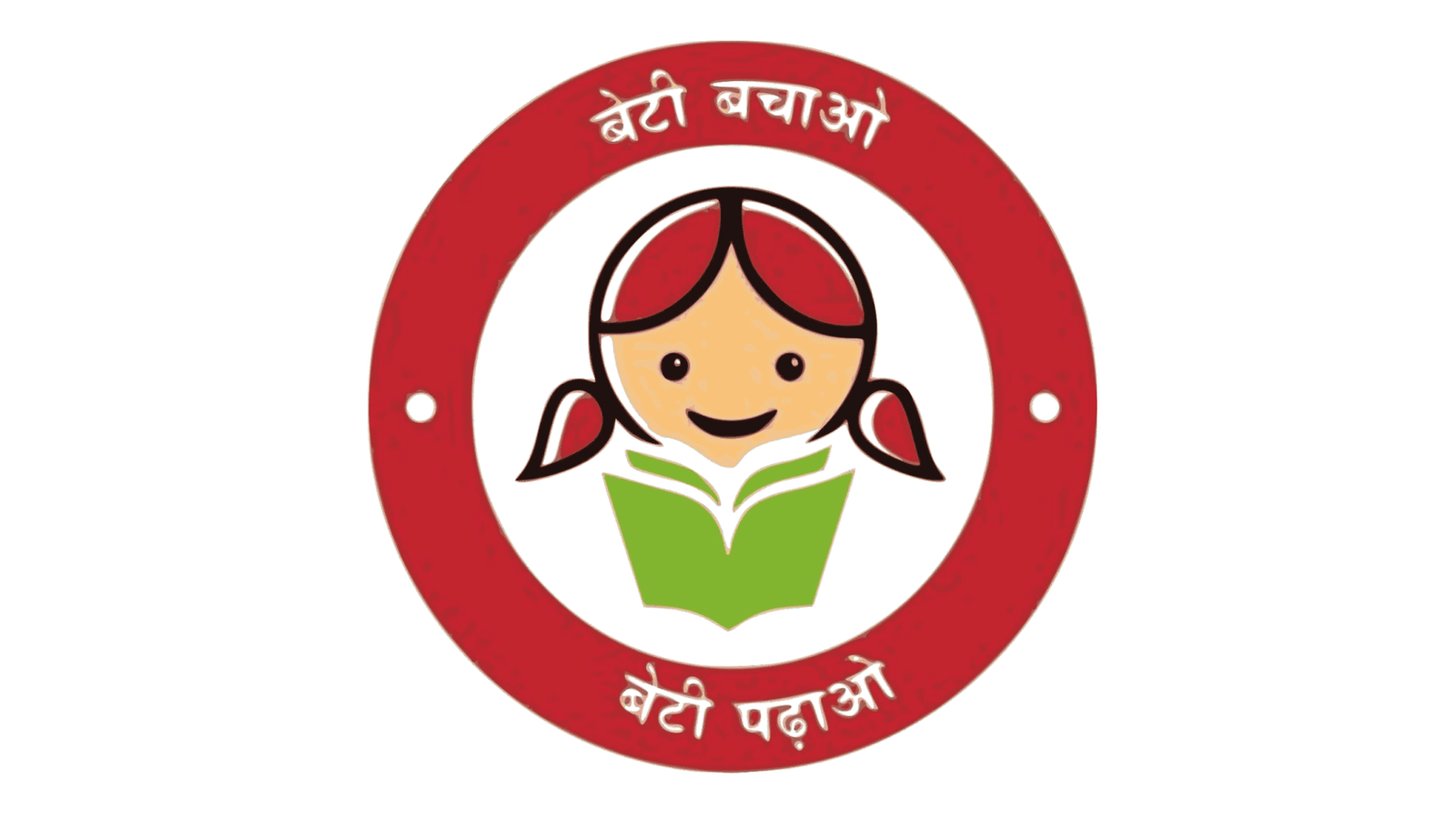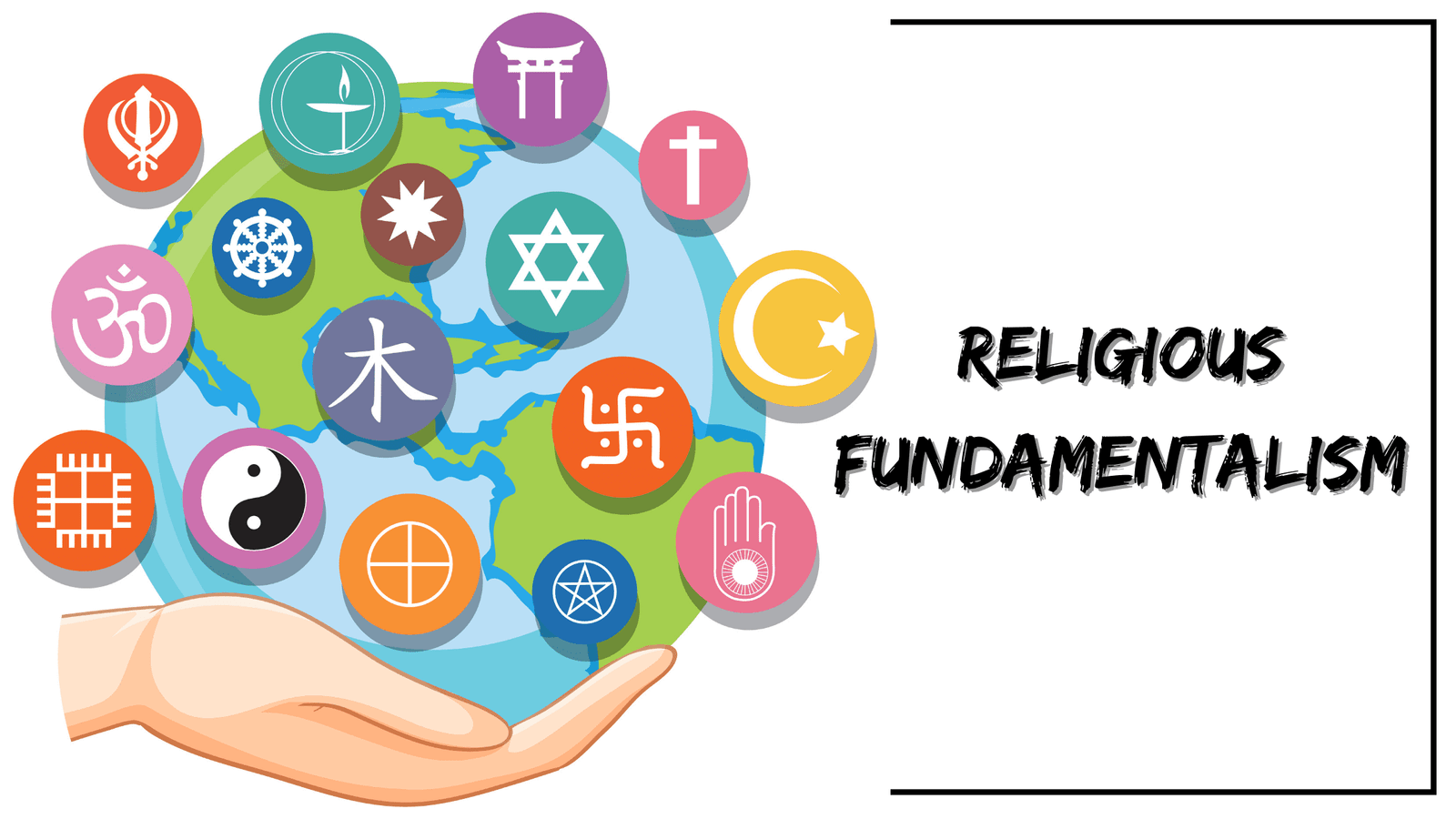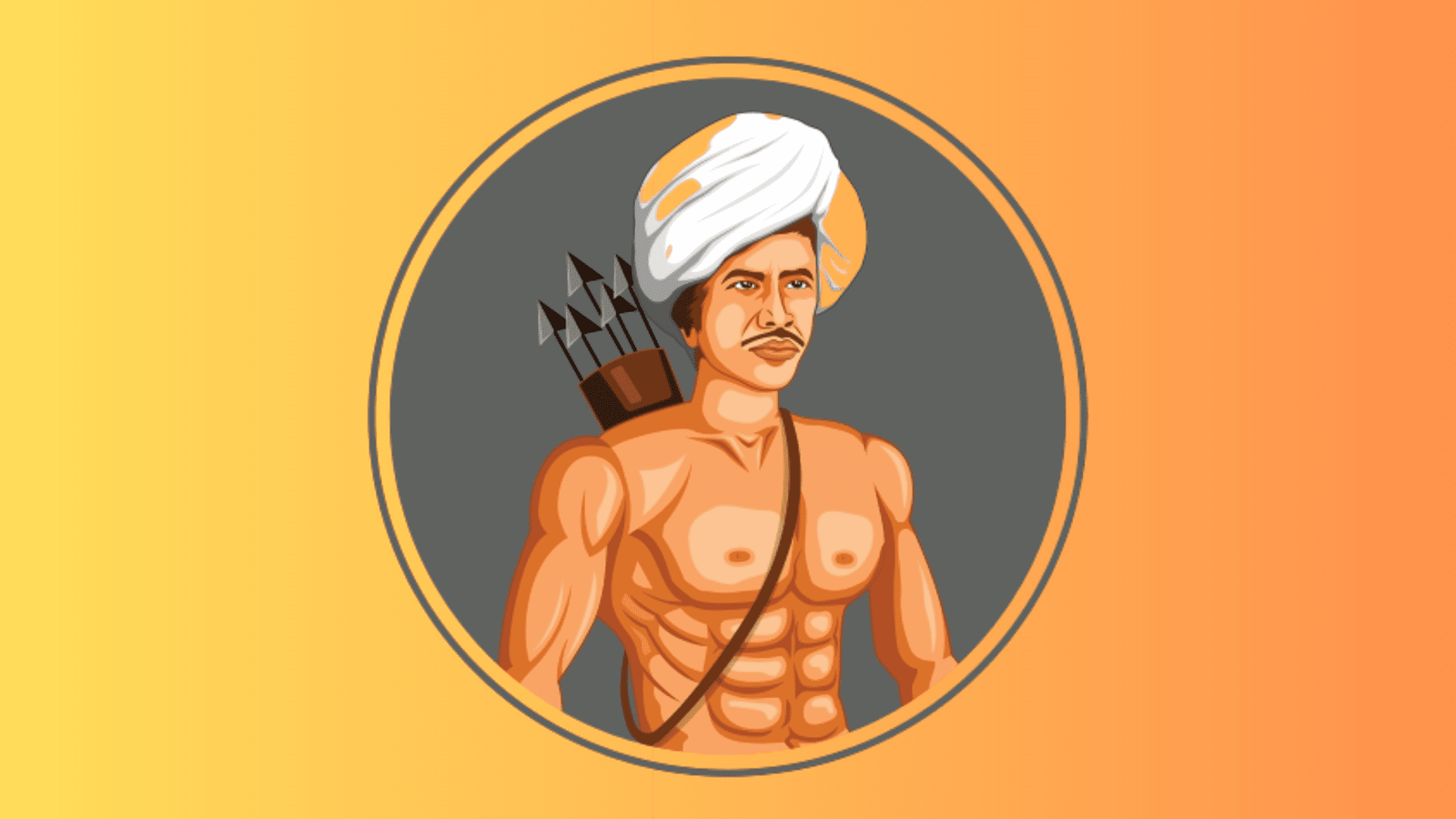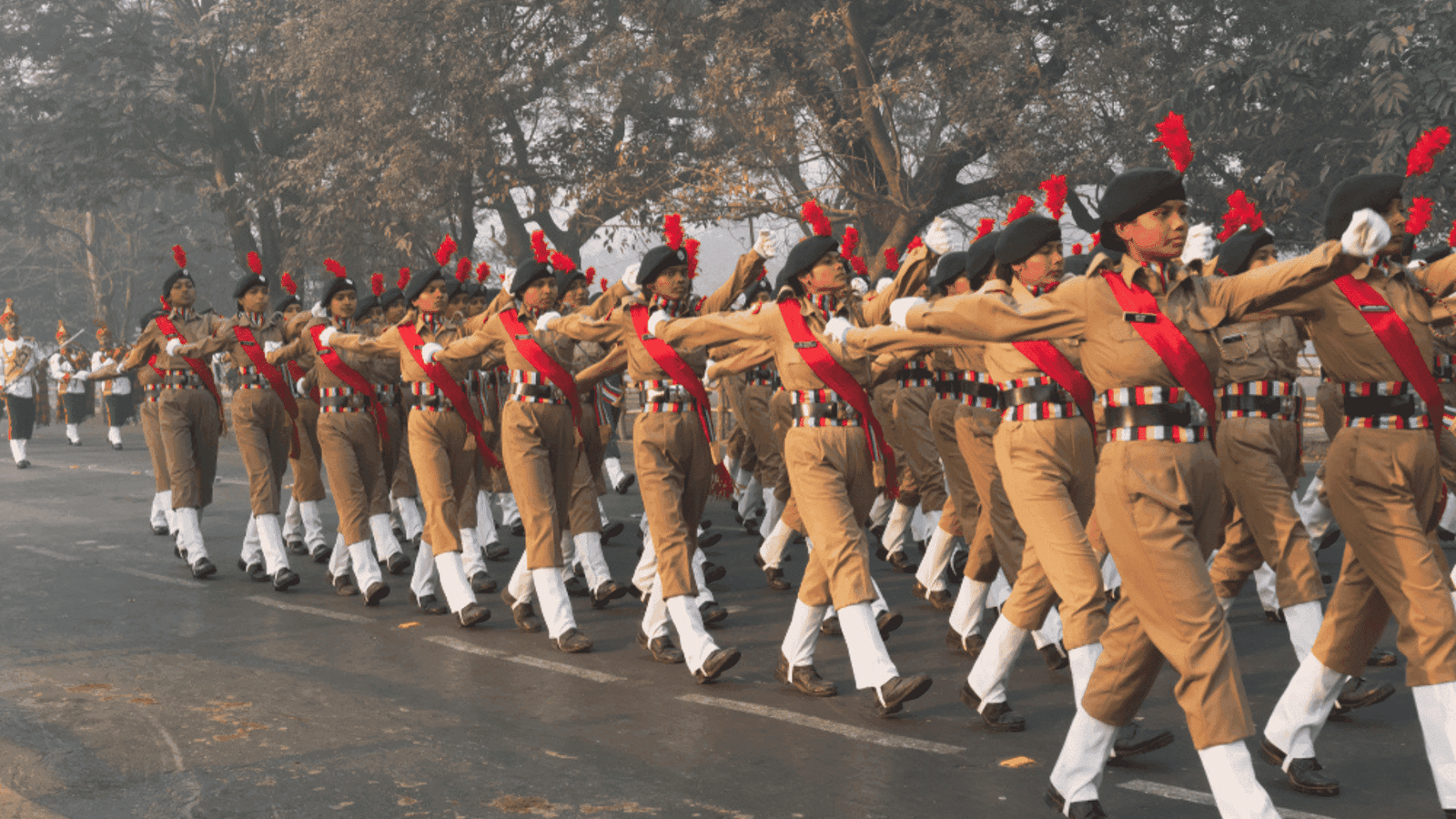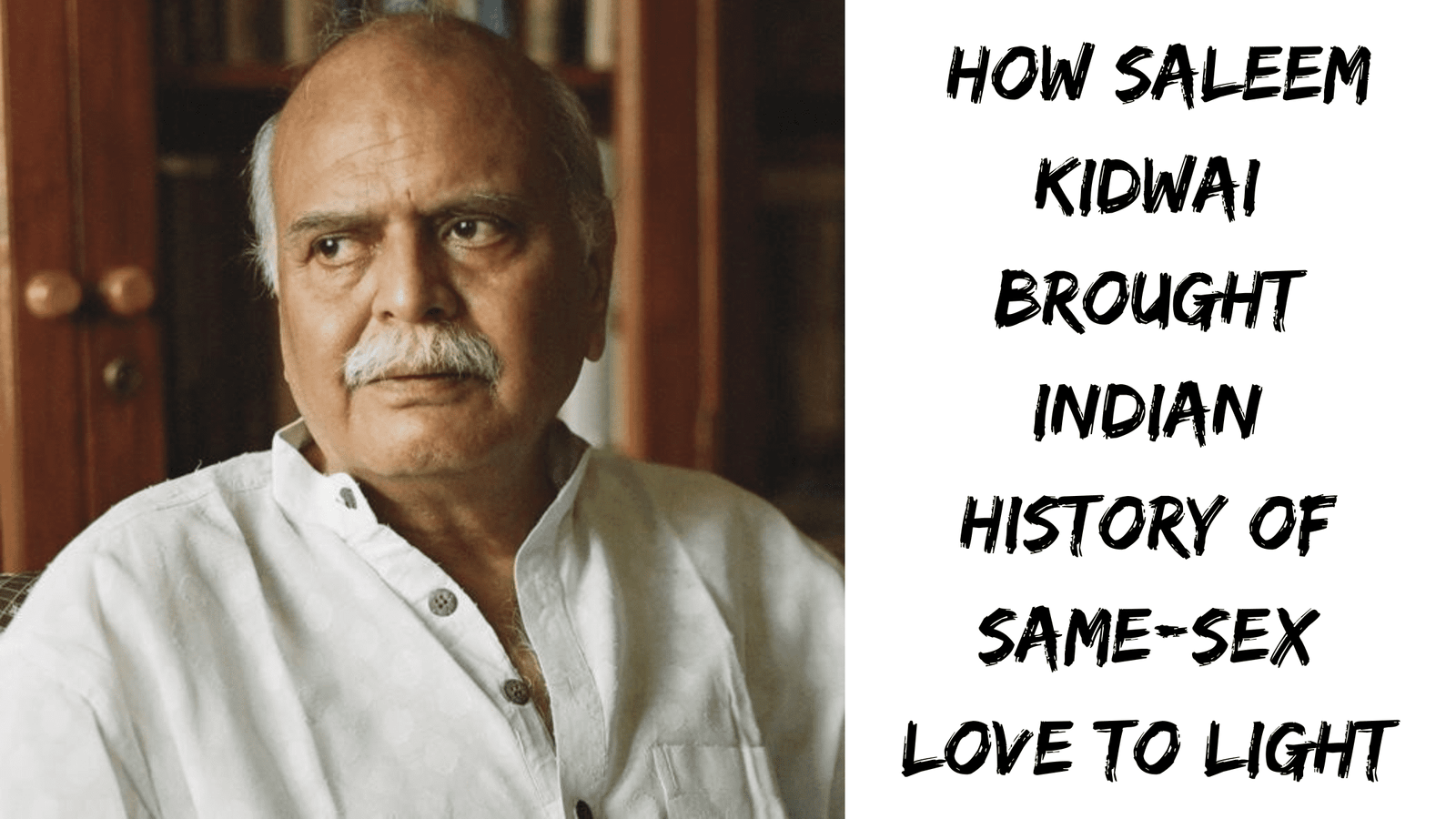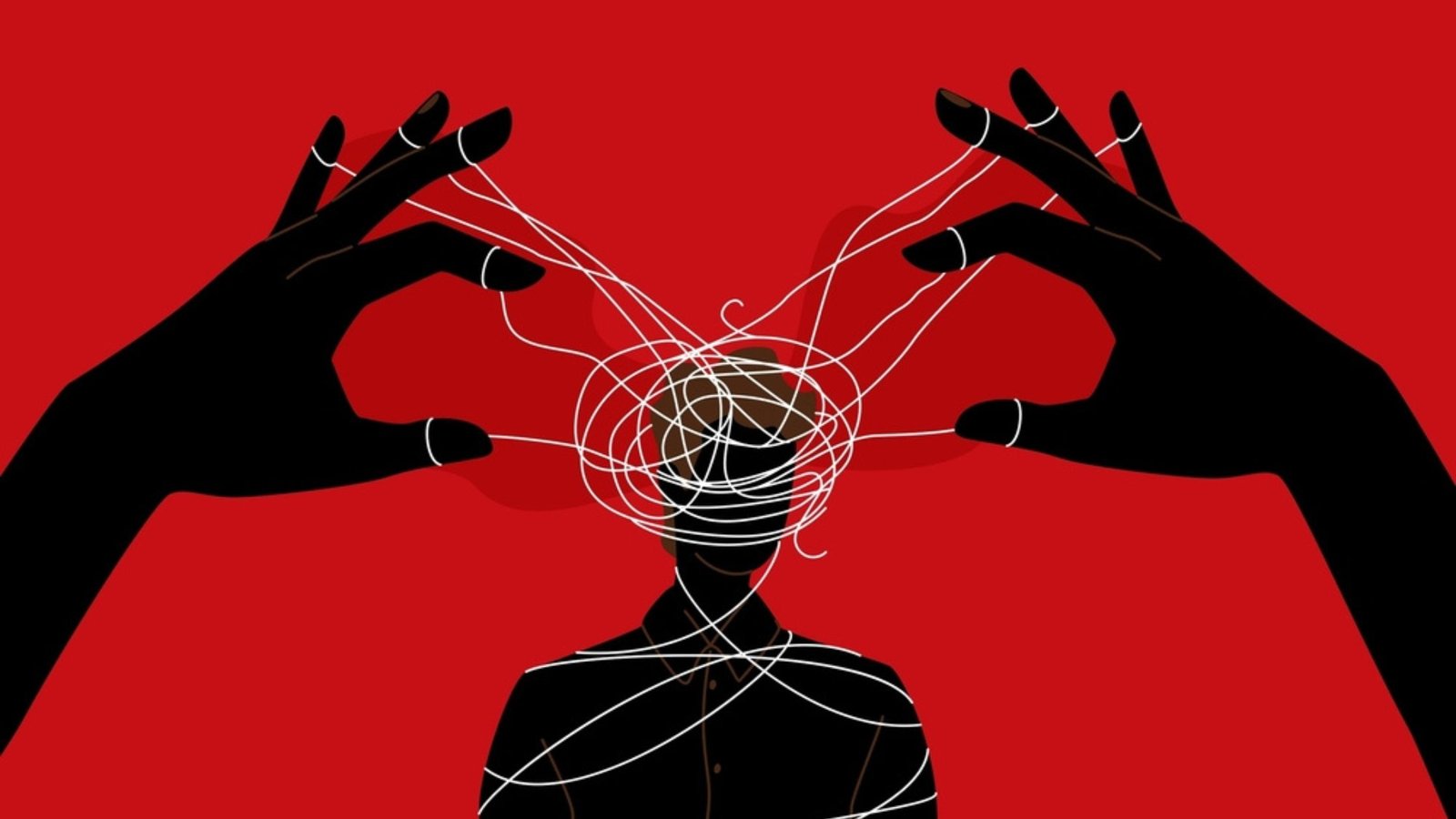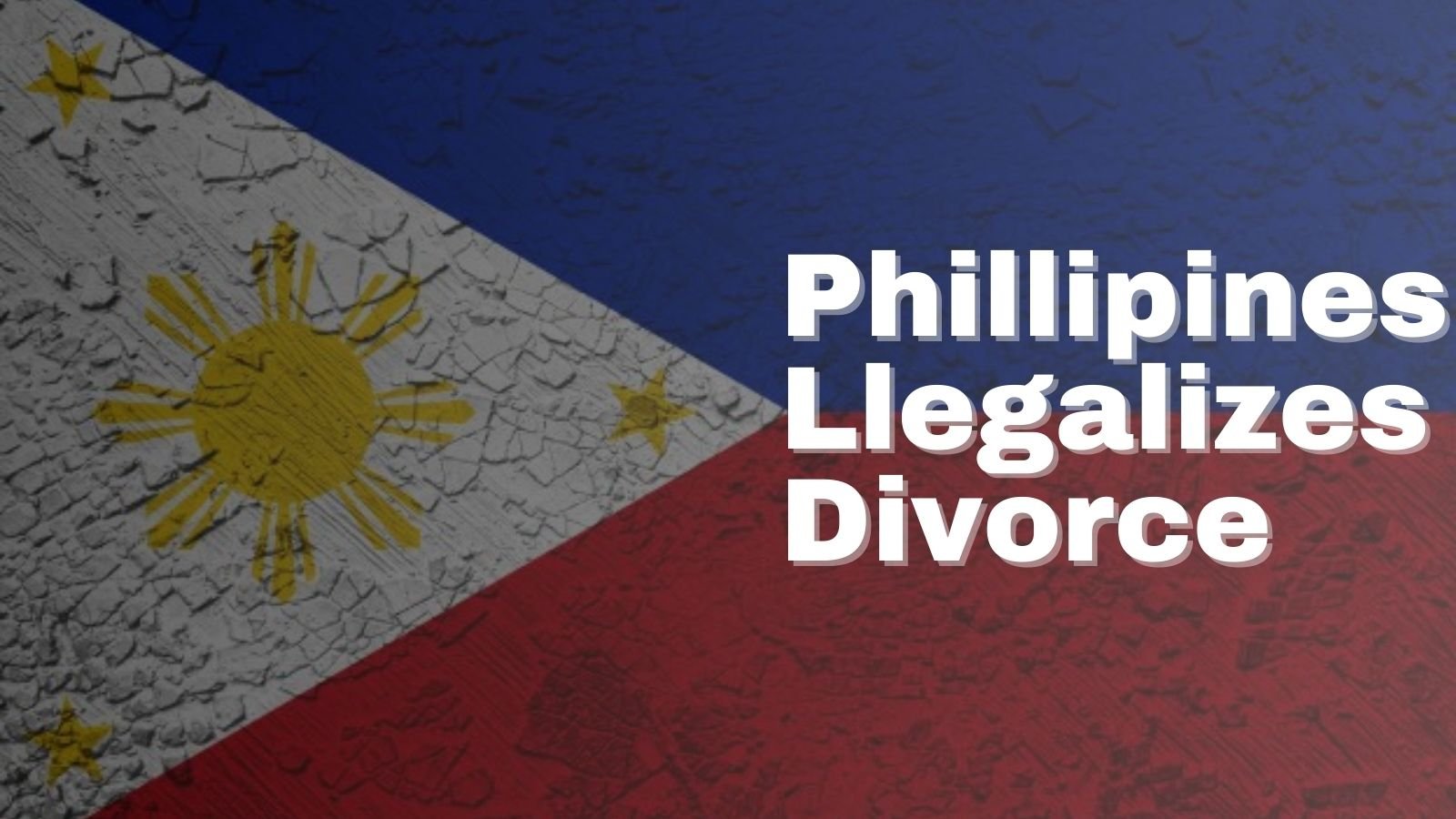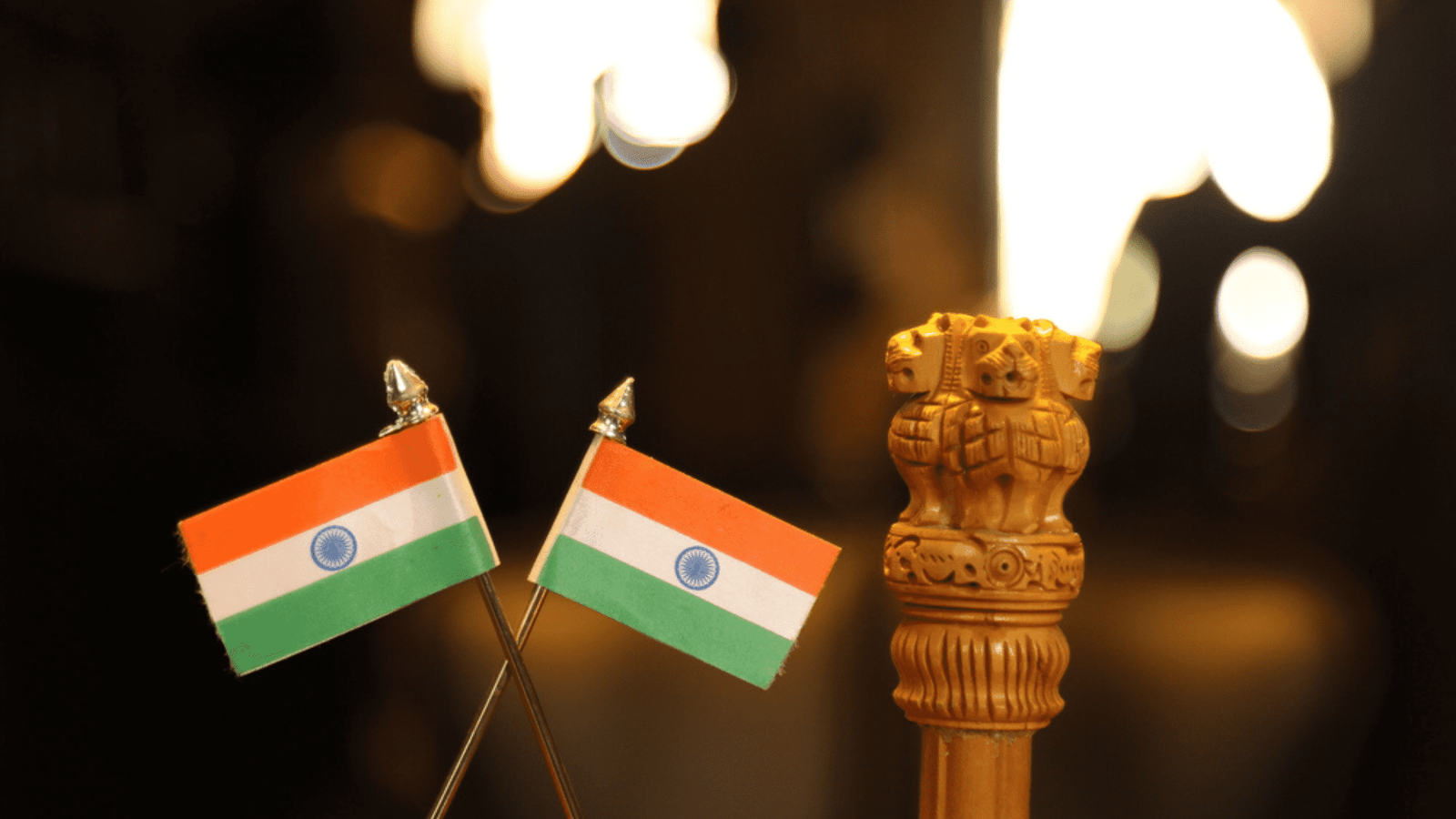
The News:
The Gujarat Government said that it would approach the Supreme Court challenging the stay granted by the High Court on certain sections of the Gujarat Freedom of Religion (Amendment) Act, 2021; that seeks to stop religious conversions through inter-faith marriages using force or allurement or fraudulent means.
Gujarat Freedom of Religion (Amendment) Act, 2021:
The amendment aimed at bringing the 2003 law in line with the laws enacted in other states like UP, Madhya Pradesh and Himachal Pradesh.
The law seeks to prohibit conversion in marriage, even if it is with the consent of the individual, except when prior sanction is obtained from the state.
The new anti-conversion laws shift the burden of proof of a lawful religious conversion from the ‘converted’ to his\her partner, defines “allurement “in vague terms, prescribes different jail terms based on gender and legitimizes the intrusion of family and society at large to oppose inter-faith marriages.
The High Court order observes that the law, “Interferes with the intricacies of marriage including the right to choice of partner under Right to Life, Article 21 and stands against Right to freedom of religion under Article 25.”
Sociology of Anti-conversion laws:
Christophe Jaffrelot writes that Criminalization of these marriages emboldens right-wing vigilante groups as well as police apparatus. Hence, under the garb of protecting women from forced conversion, women choosing interreligious marriages become vulnerable to attacks.
Saumya Uma writes that these anti conversion laws do not take into consideration the social and demographic profiles of women and their ability to make informed choices. Instead it treats women as a ‘homogeneous’ group of vulnerable and ignorant beings and infantilizes women.
Geeta Ramaseshan writes that feminist law research have documented how family members of women, in the name of family and community honor, misuse criminal law, lodging false complaints of kidnapping, rape and other offences as tools to punish and seek revenge on husbands-to-be in choice marriages. Thus, police and lower judiciary act in their official capacity as extensions of father’s authority over their daughter(Uma Chakravarti)
Manisha Gupte, in context of rural Maharashtra, writes that while “Men posses Honor, women possess the “gendered counterpart “of honor, namely “shame”. Since men lose honor through behavior of women in their families or kinship, the control over women’s behavior becomes imperative, as does punishing transgressors”. This becomes the rationale behind honor killings and Anti-Romeo squads working against Love Jihad.
In a research conducted in 12 districts in UP, a total of 298 applications were recieved for registration from 2015-19 under the progressive Special Marriage Act. However, only 56% of the marriages resulted in solemnization of the marriage. The need for a notice period and multiple bureaucratic hassles were significant reason behind this. Under the circumstances, the marriages often are solemnized through the family law governing either party, which often requires religious conversion. Niti Saxena argues that given the unequal power dynamics that exist in most marital relationships (including choice marriages), women invariably convert for marriages. Hence, removing the bureaucratic red tape around Special Marriage Act and its implementation can play a more pragmatic role in reducing conversions in marriage.
